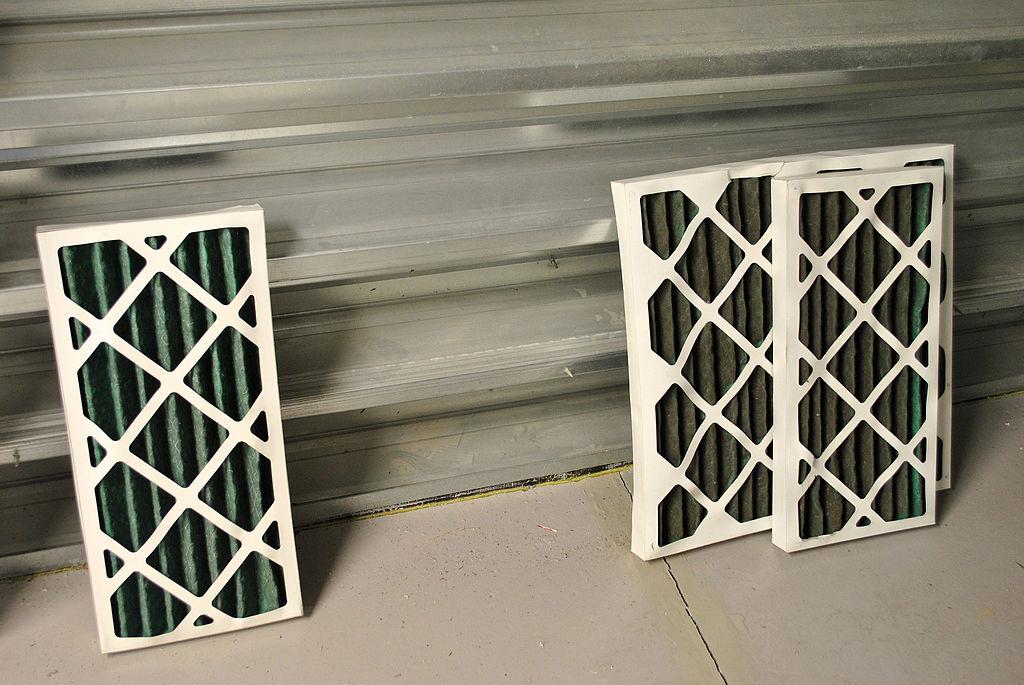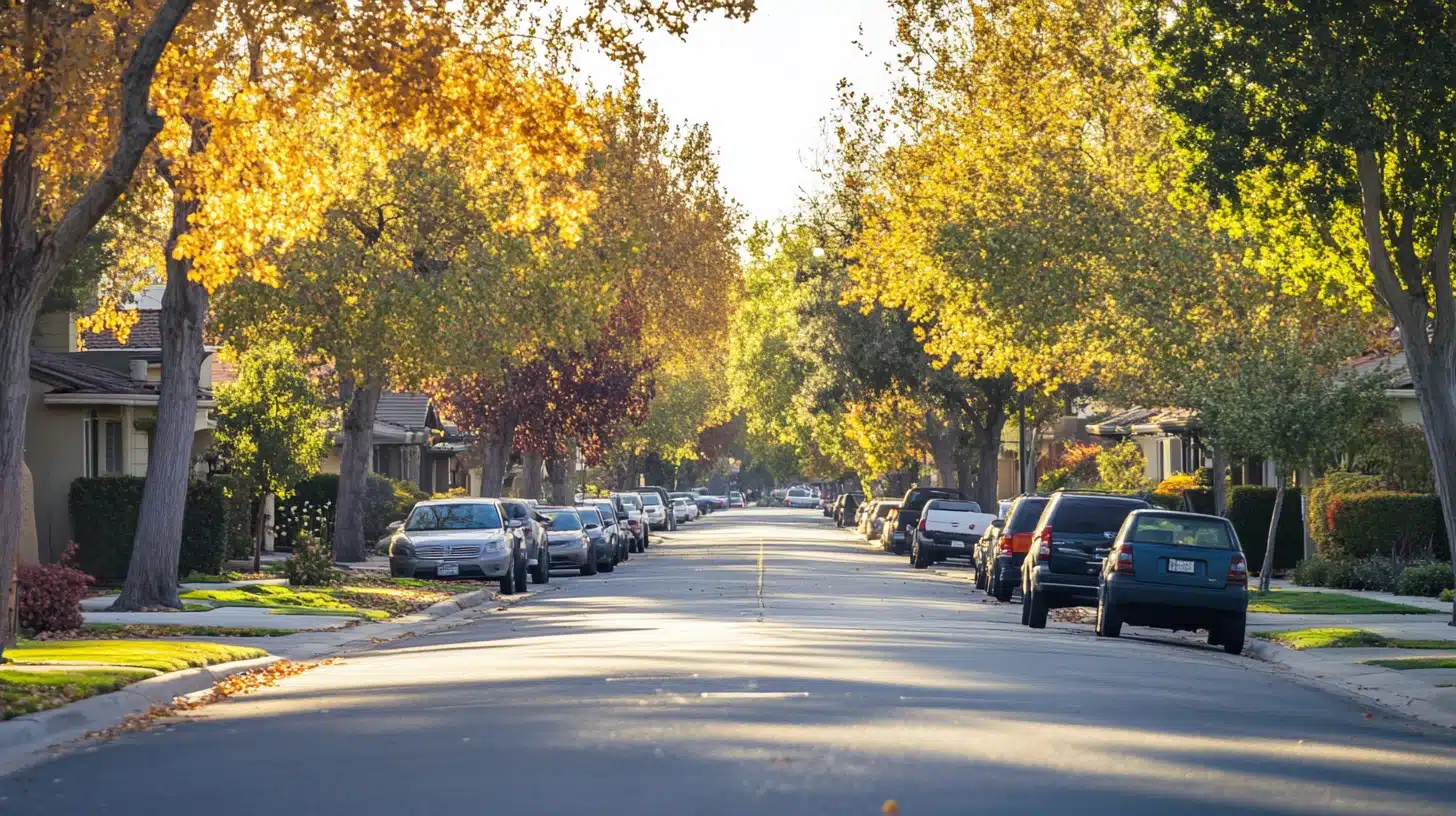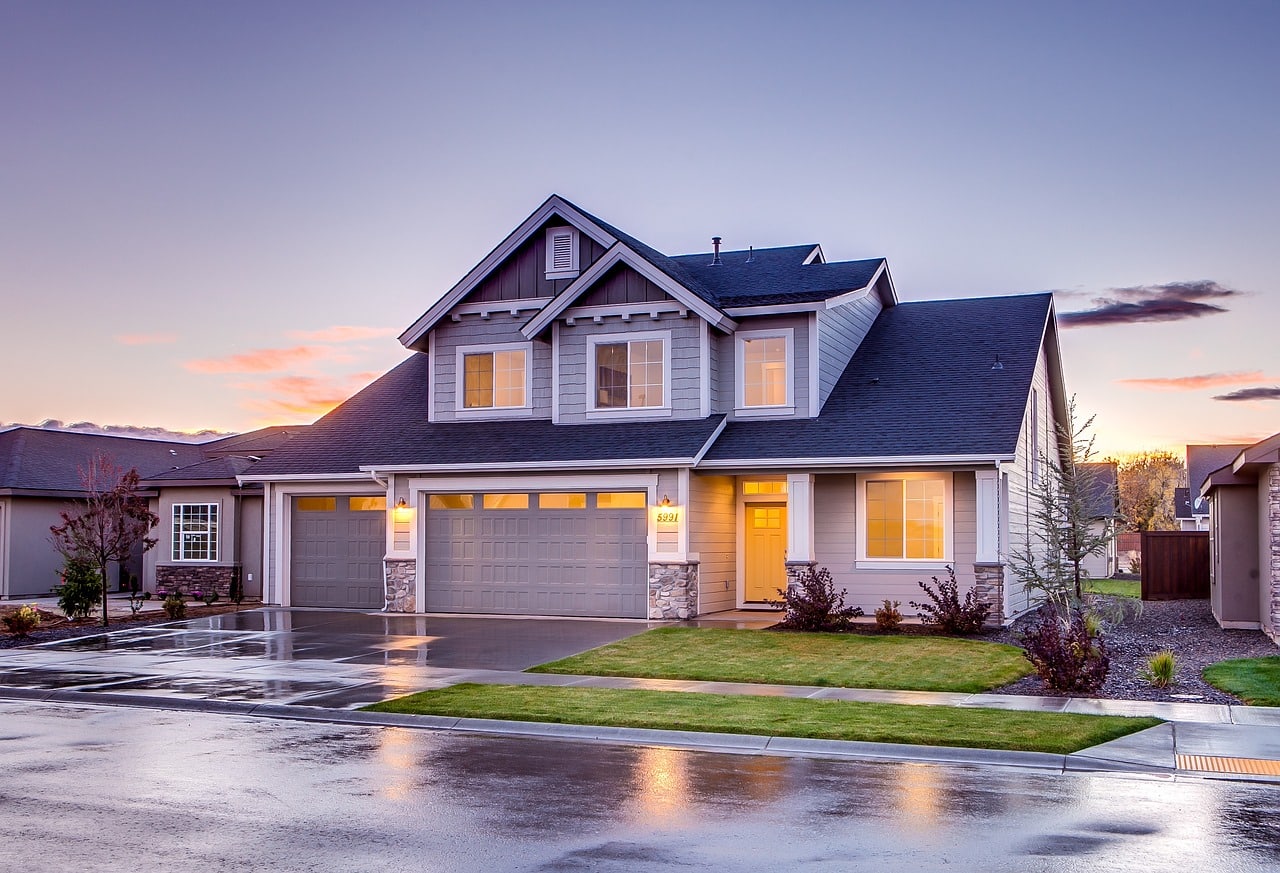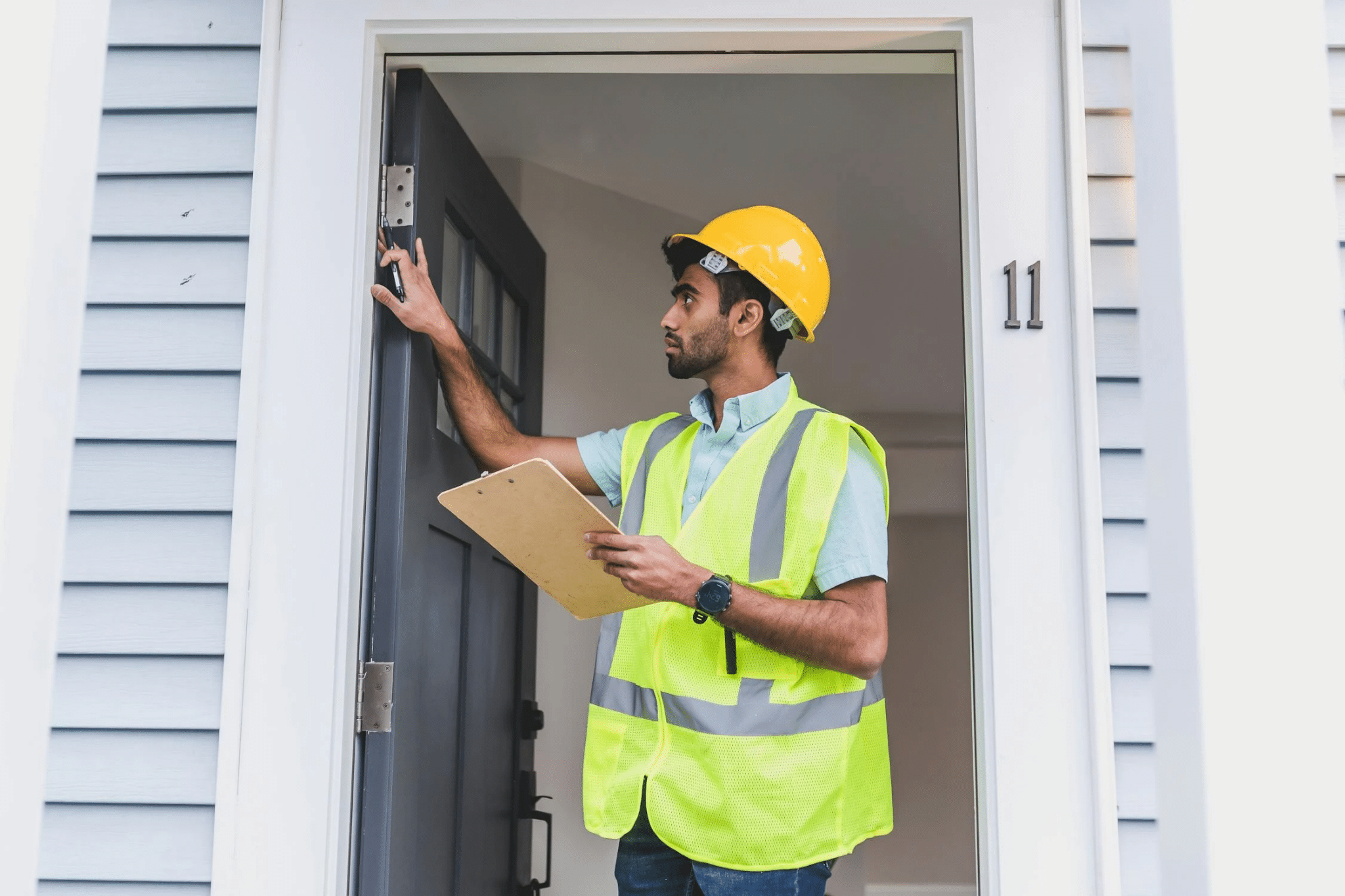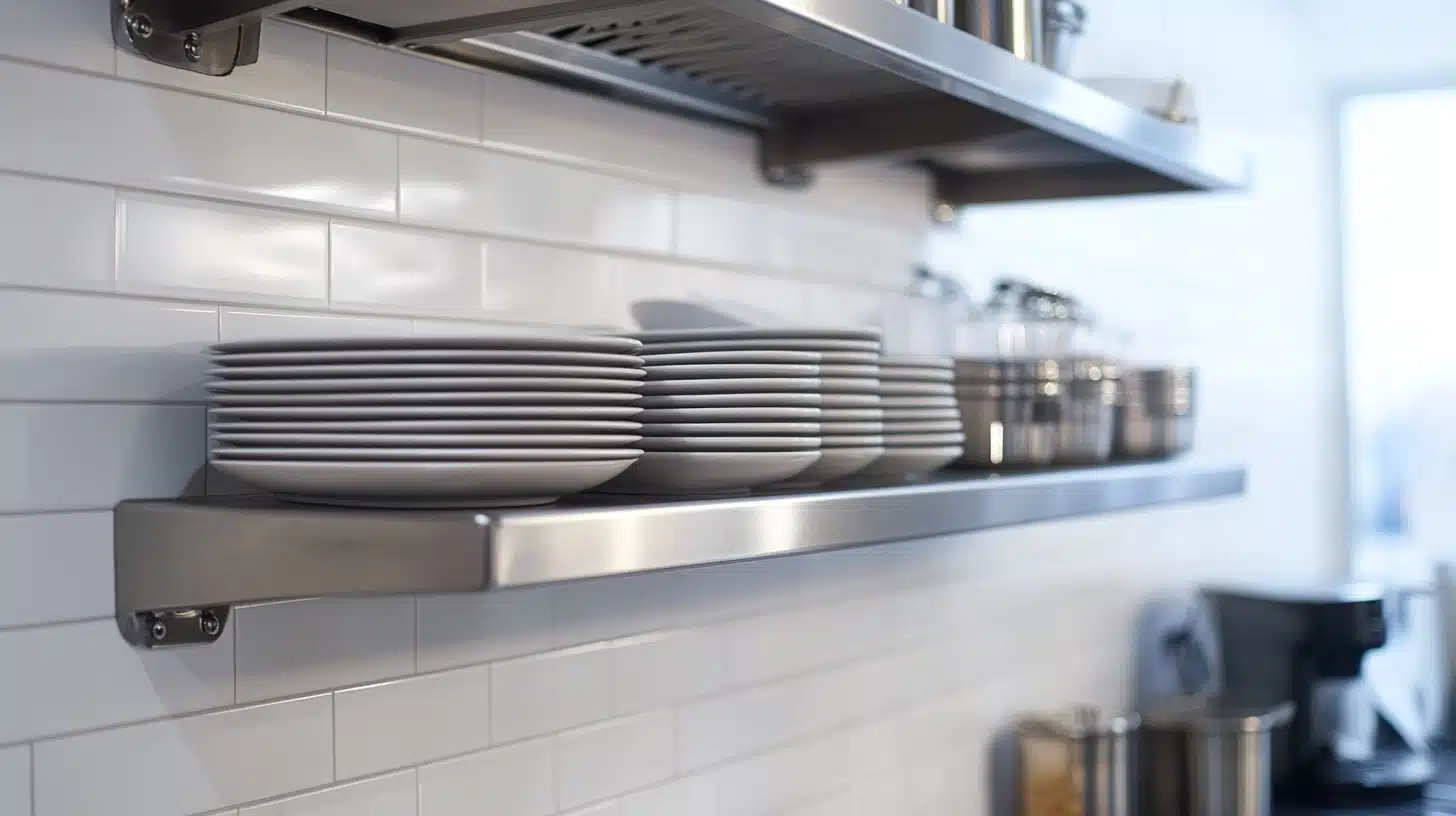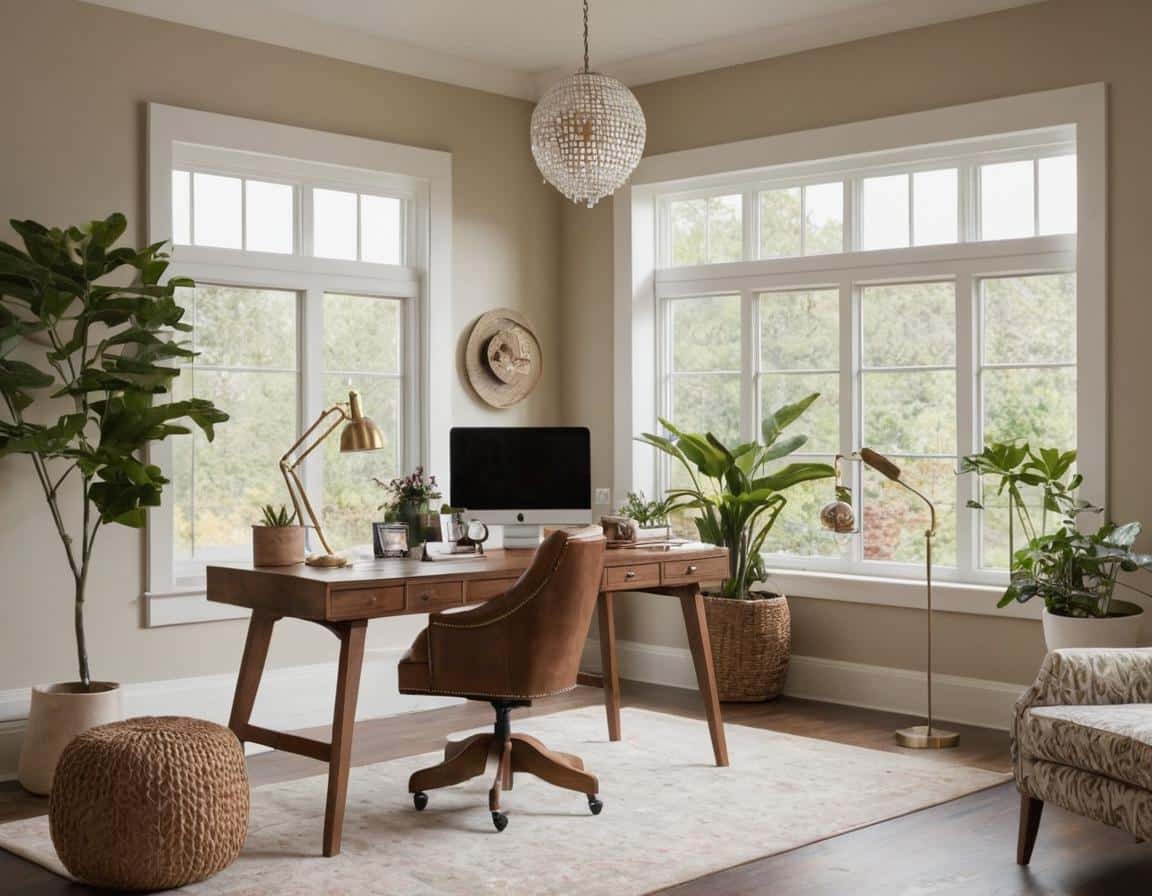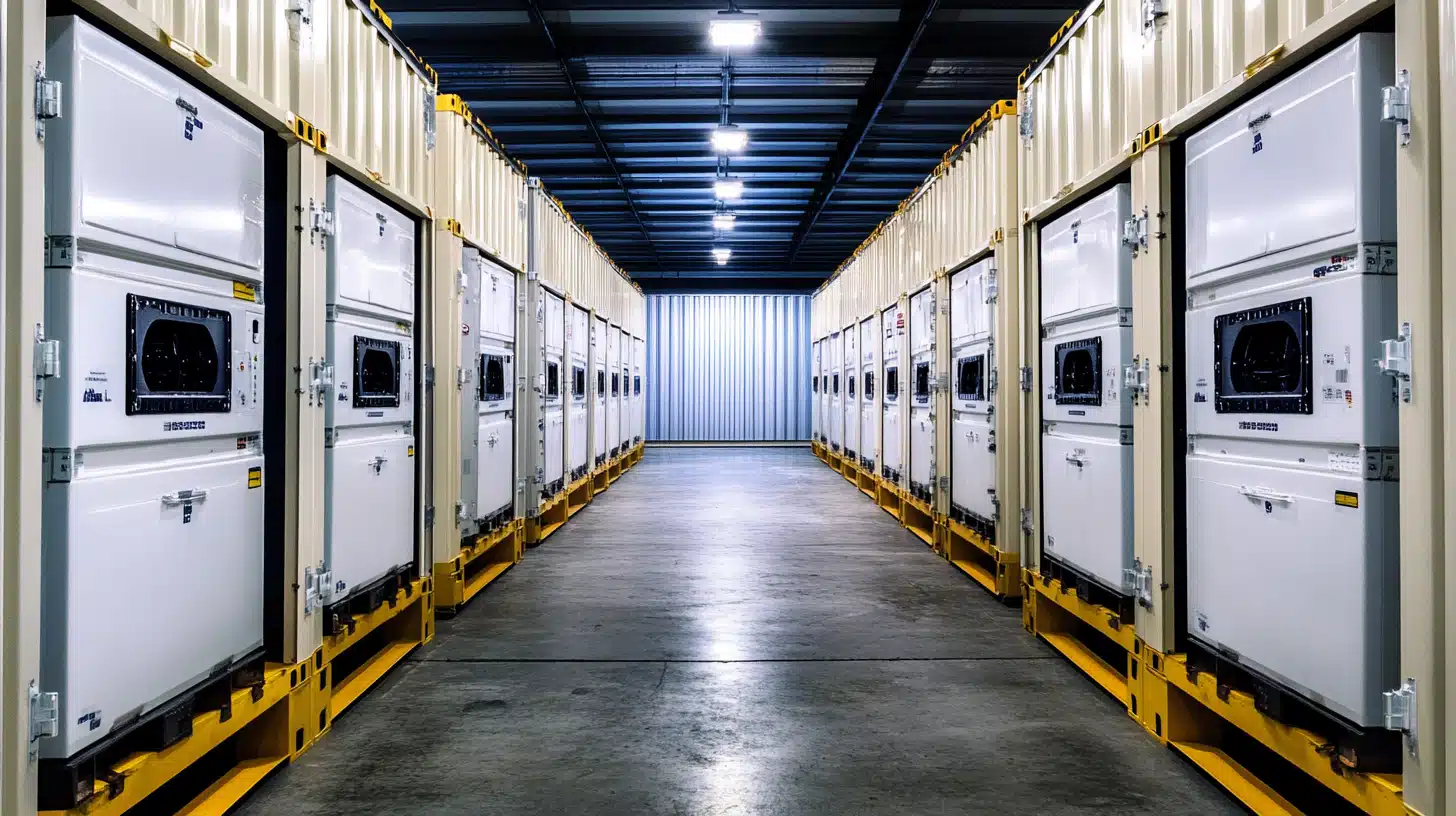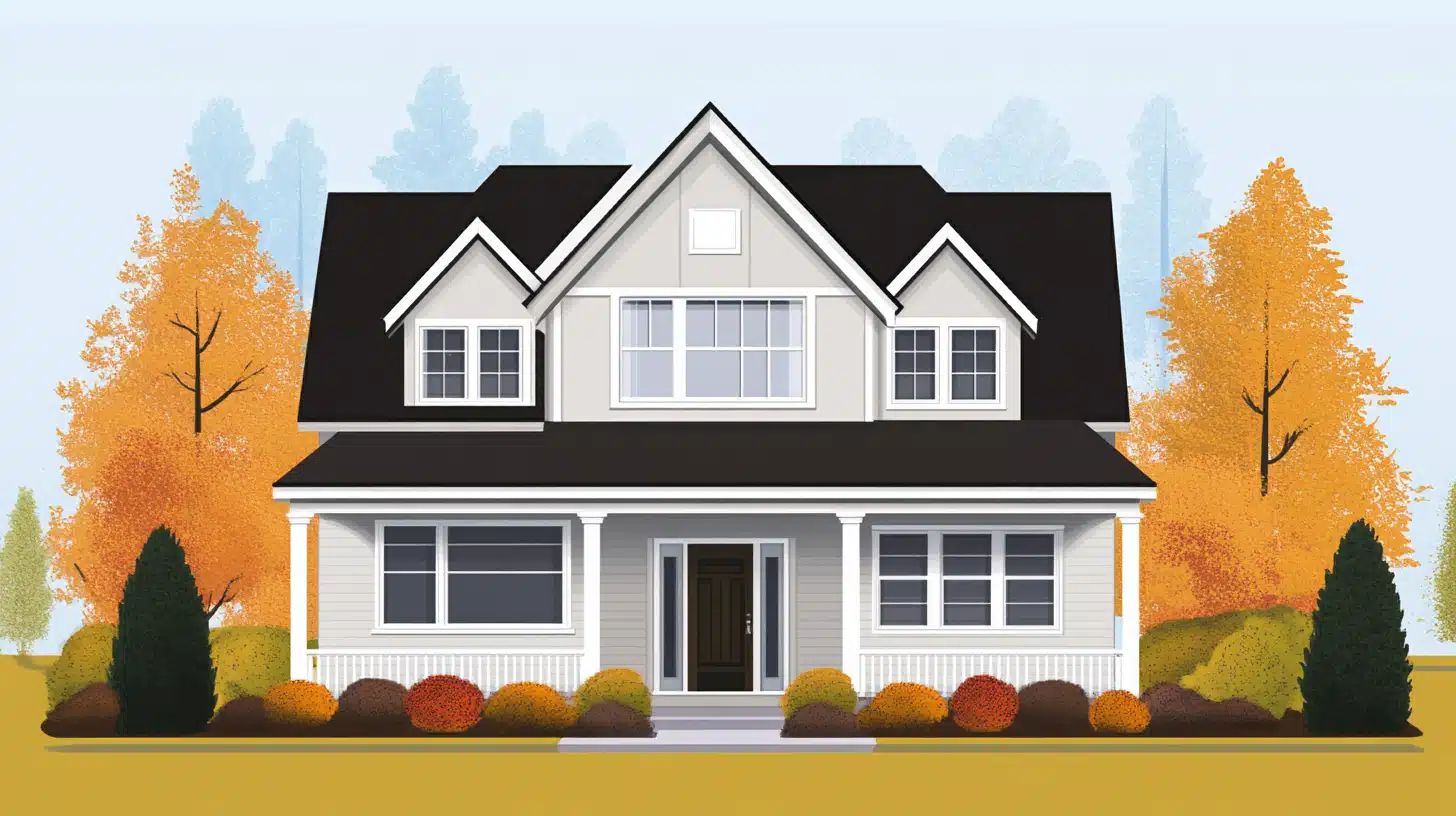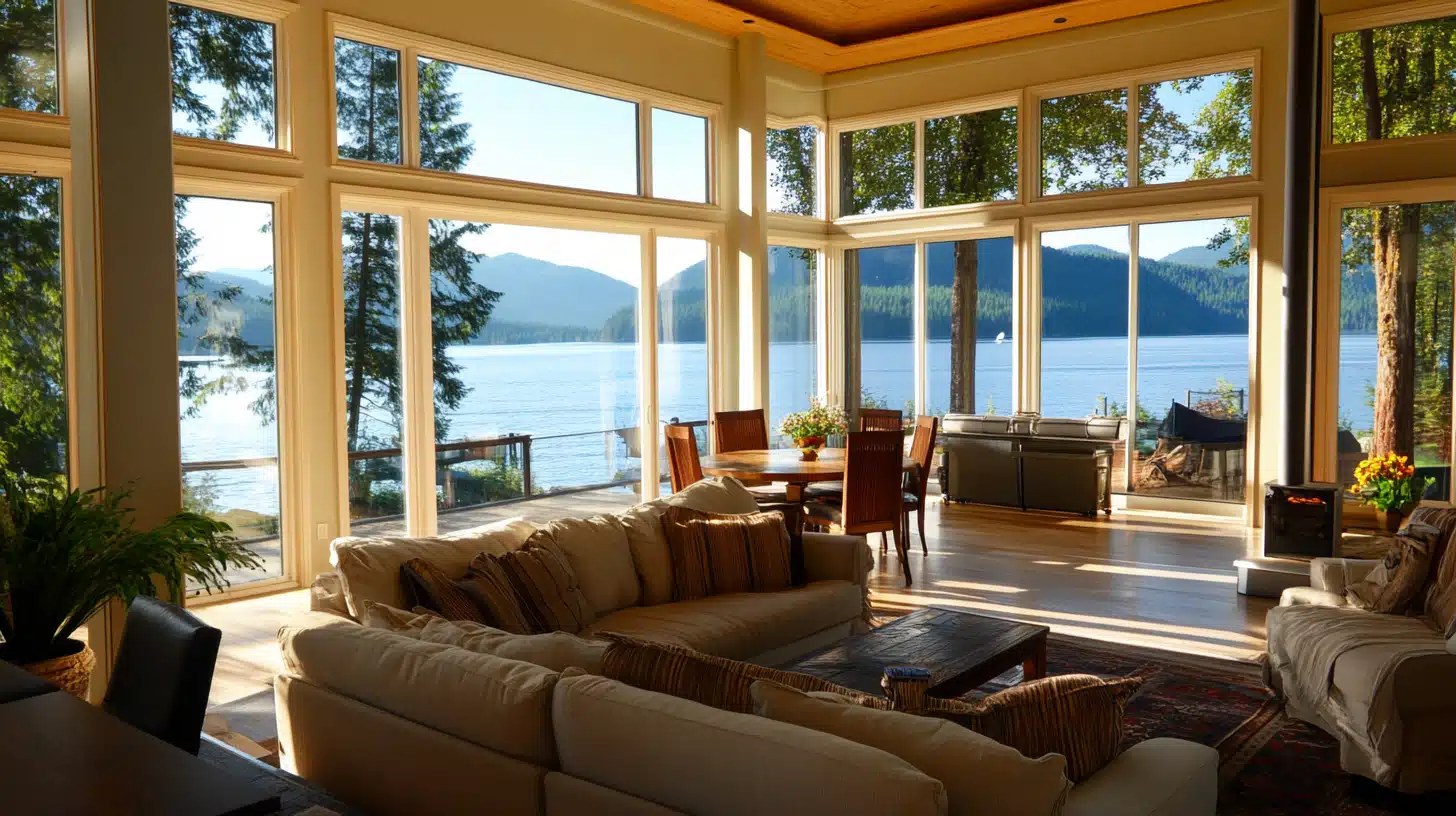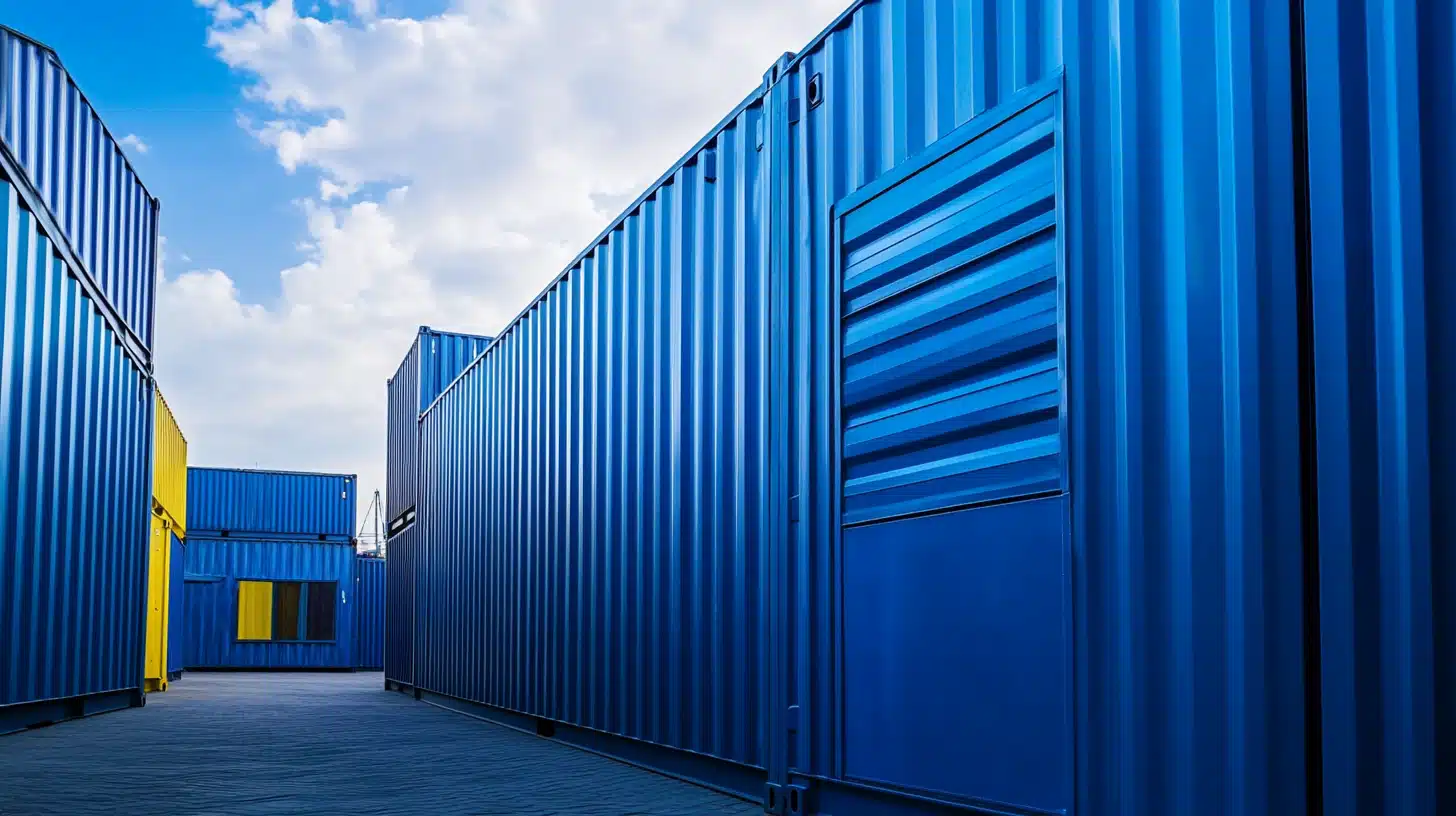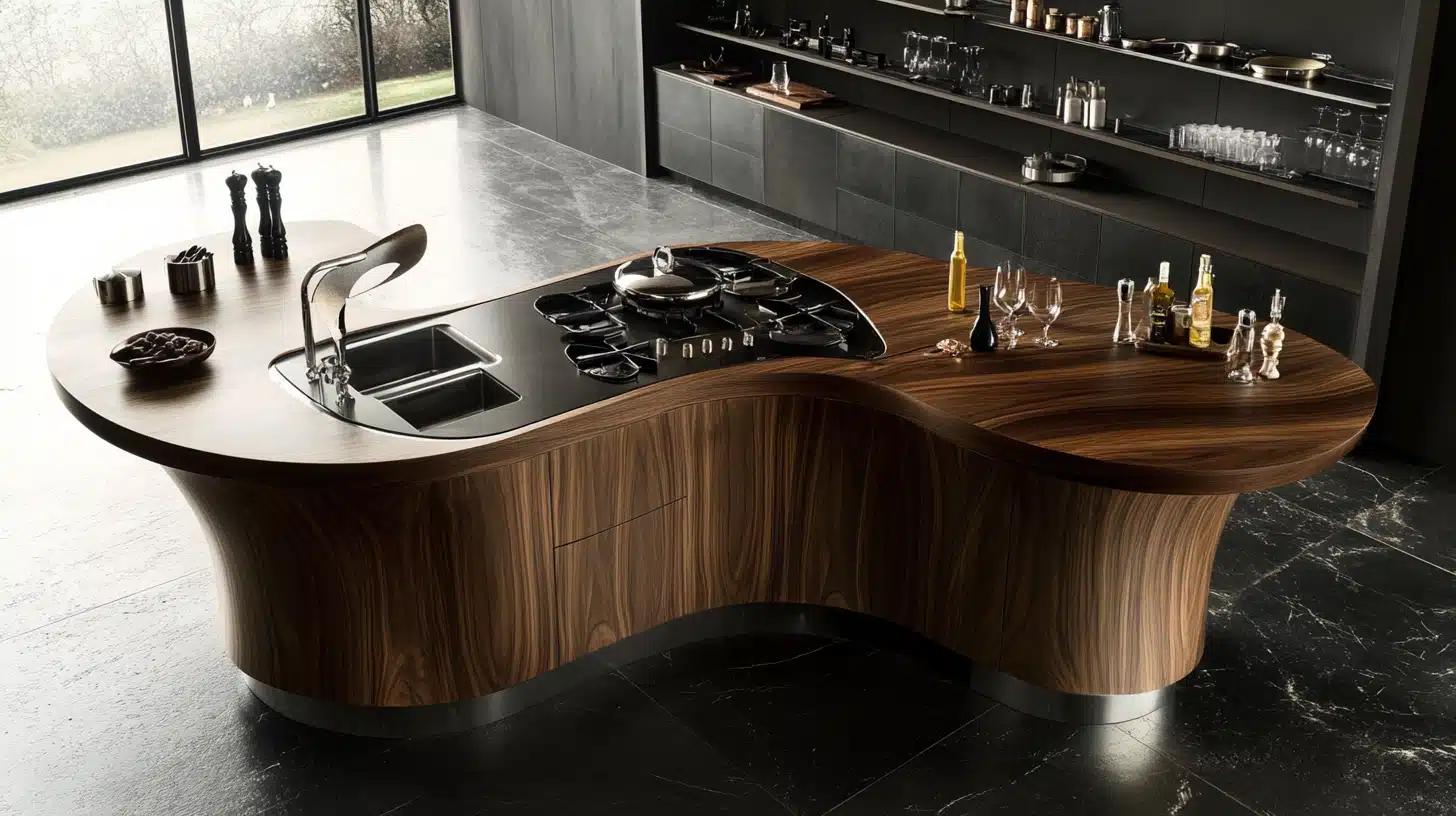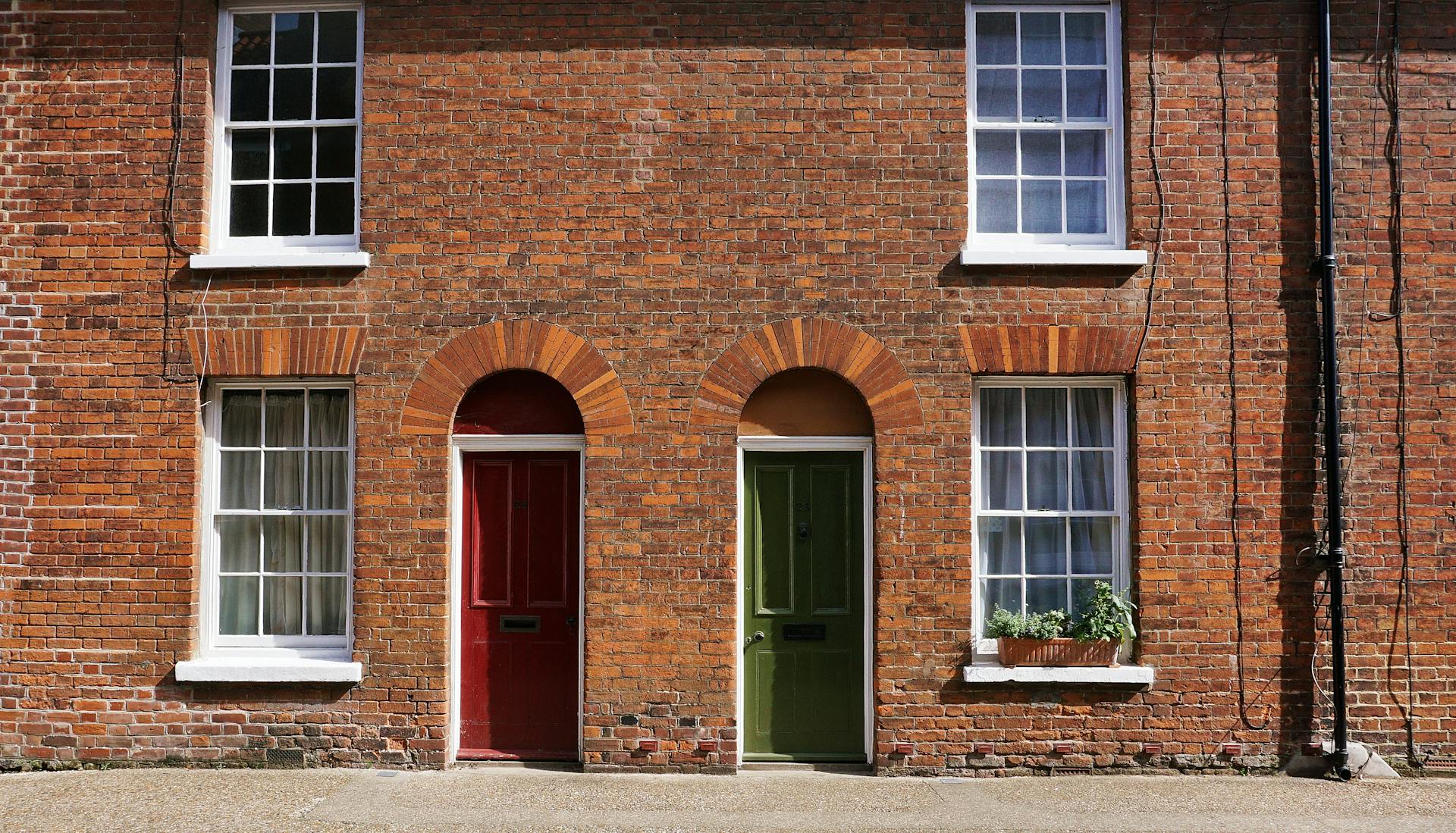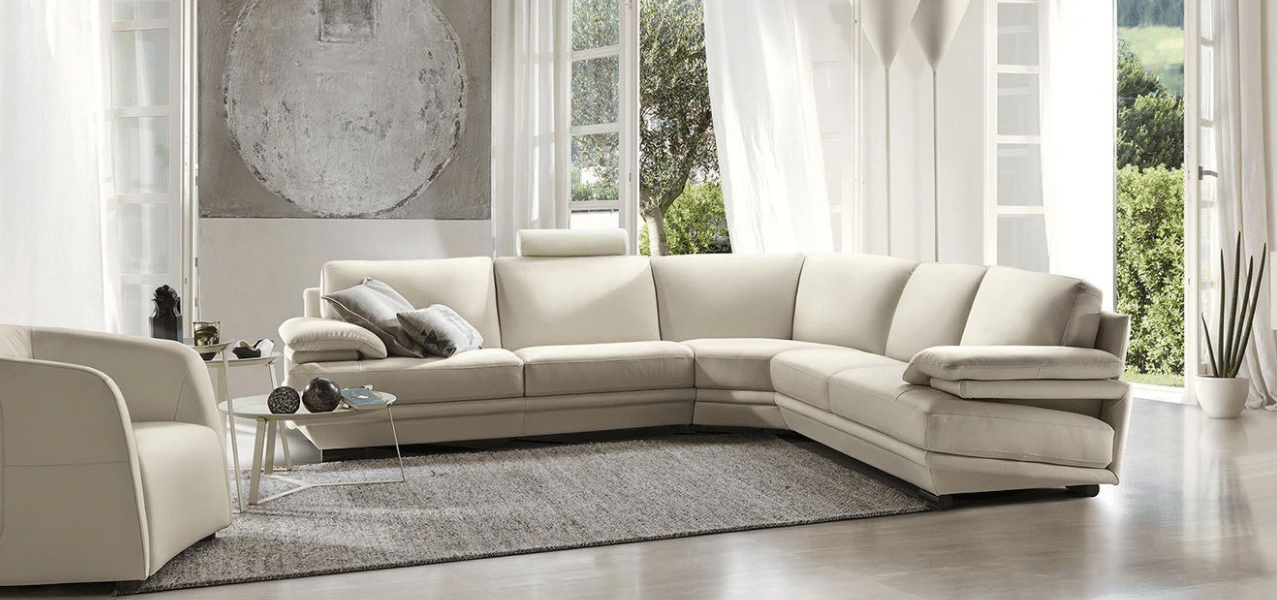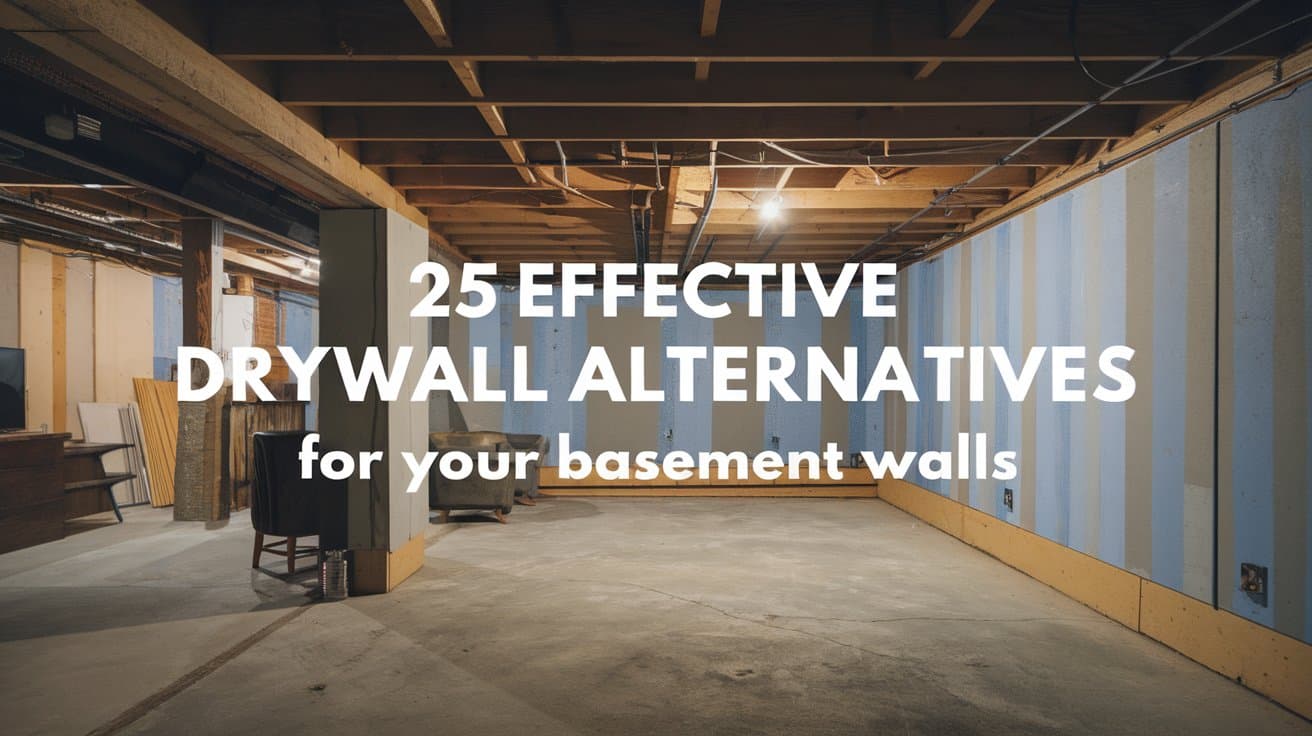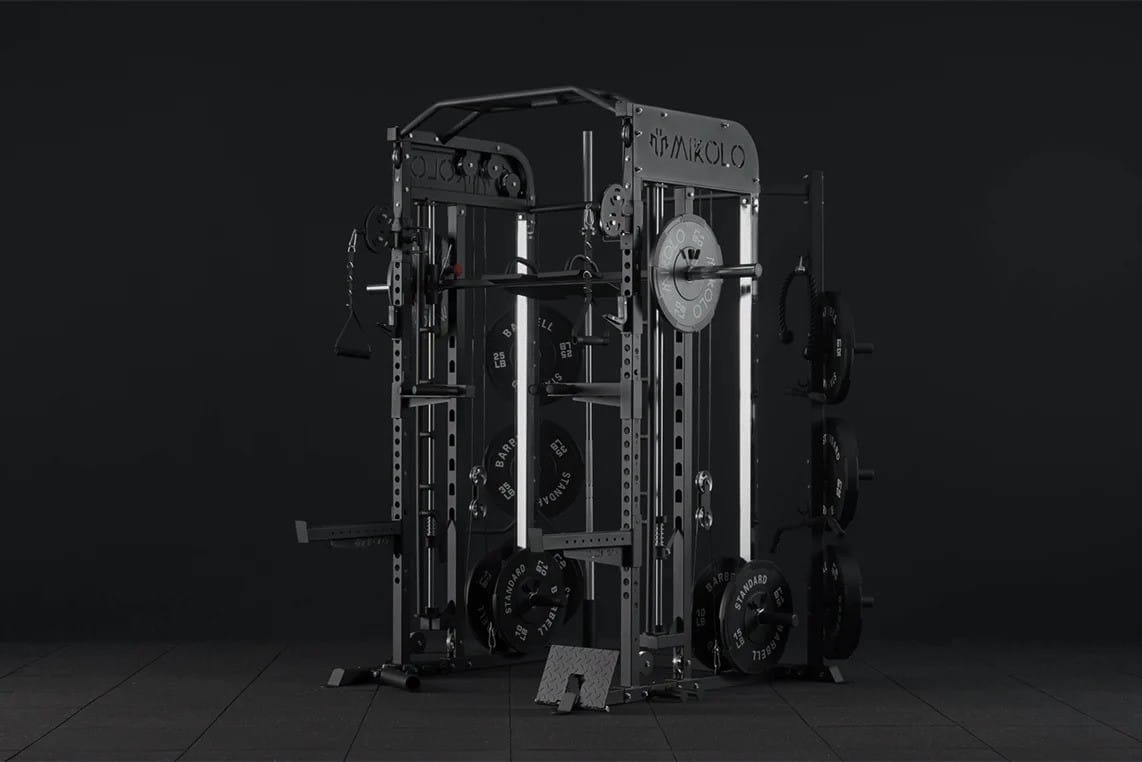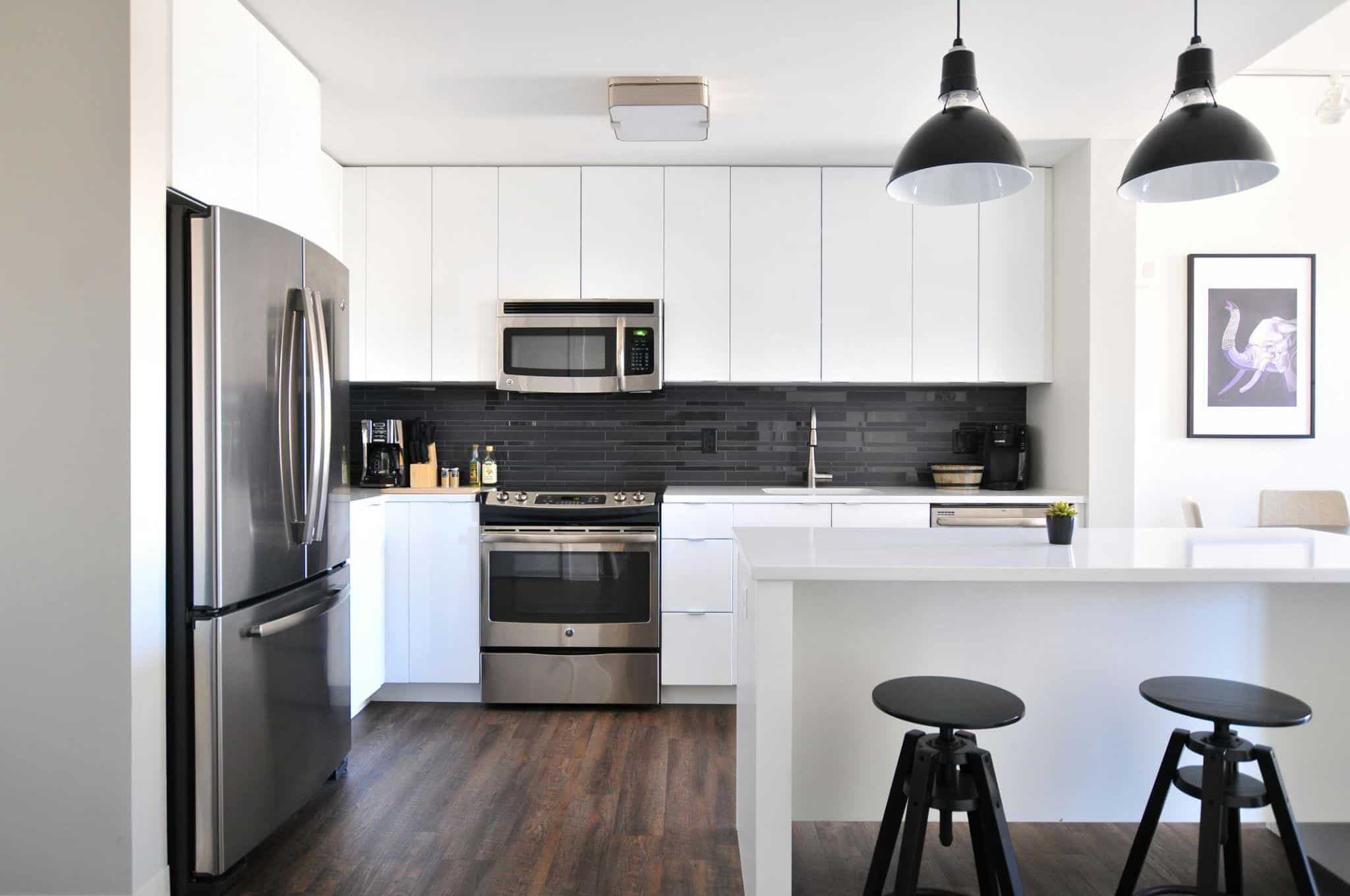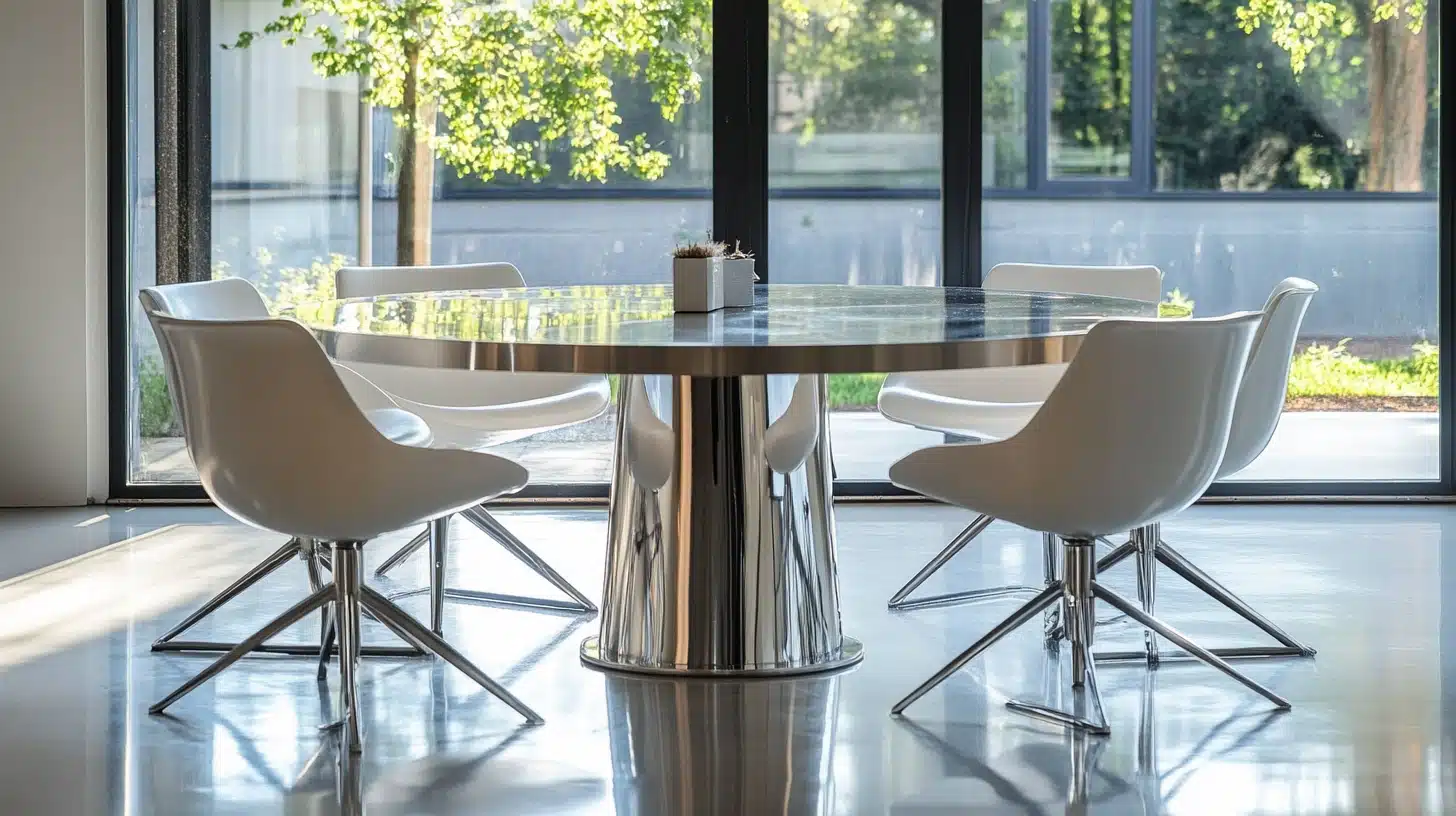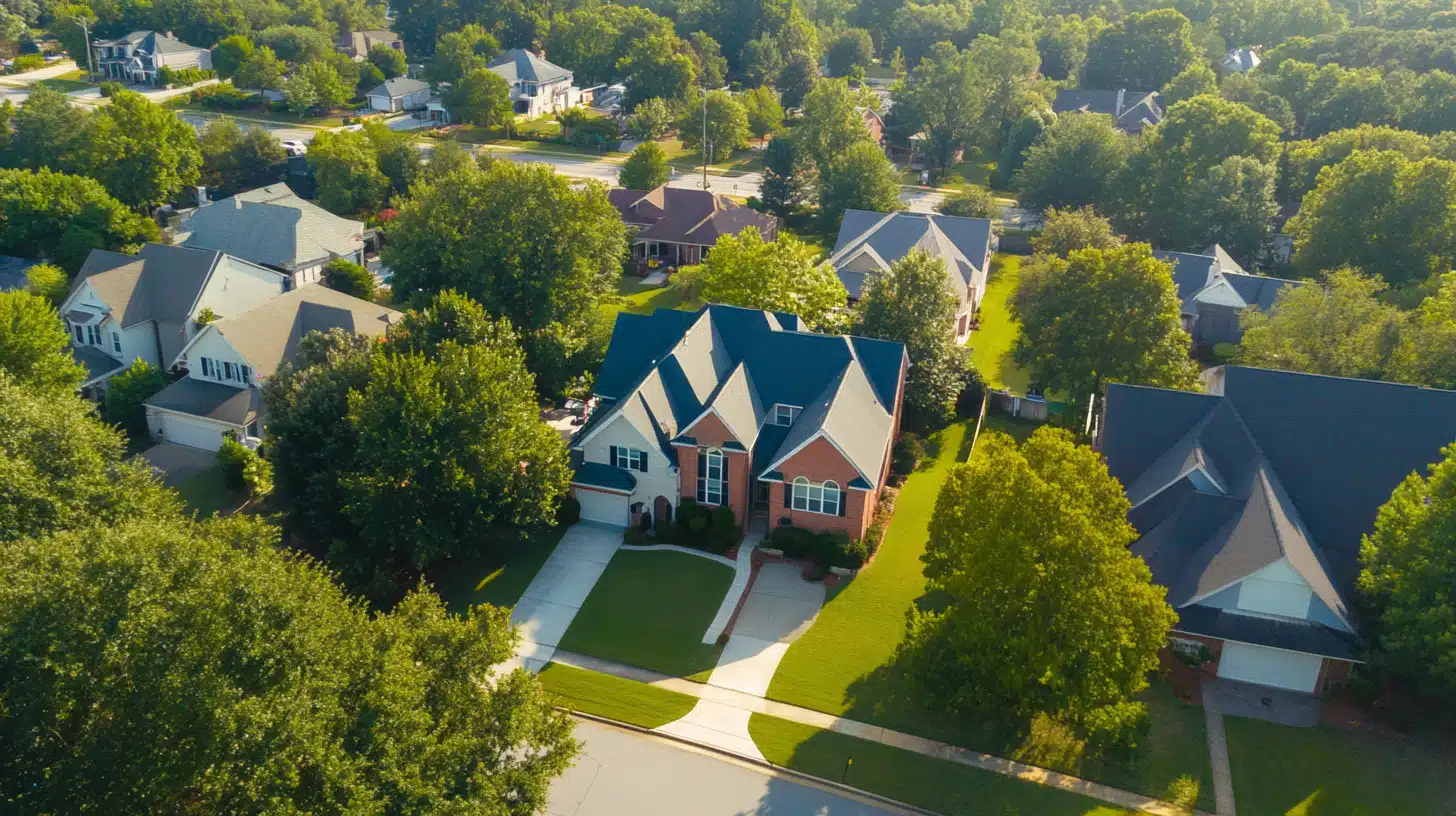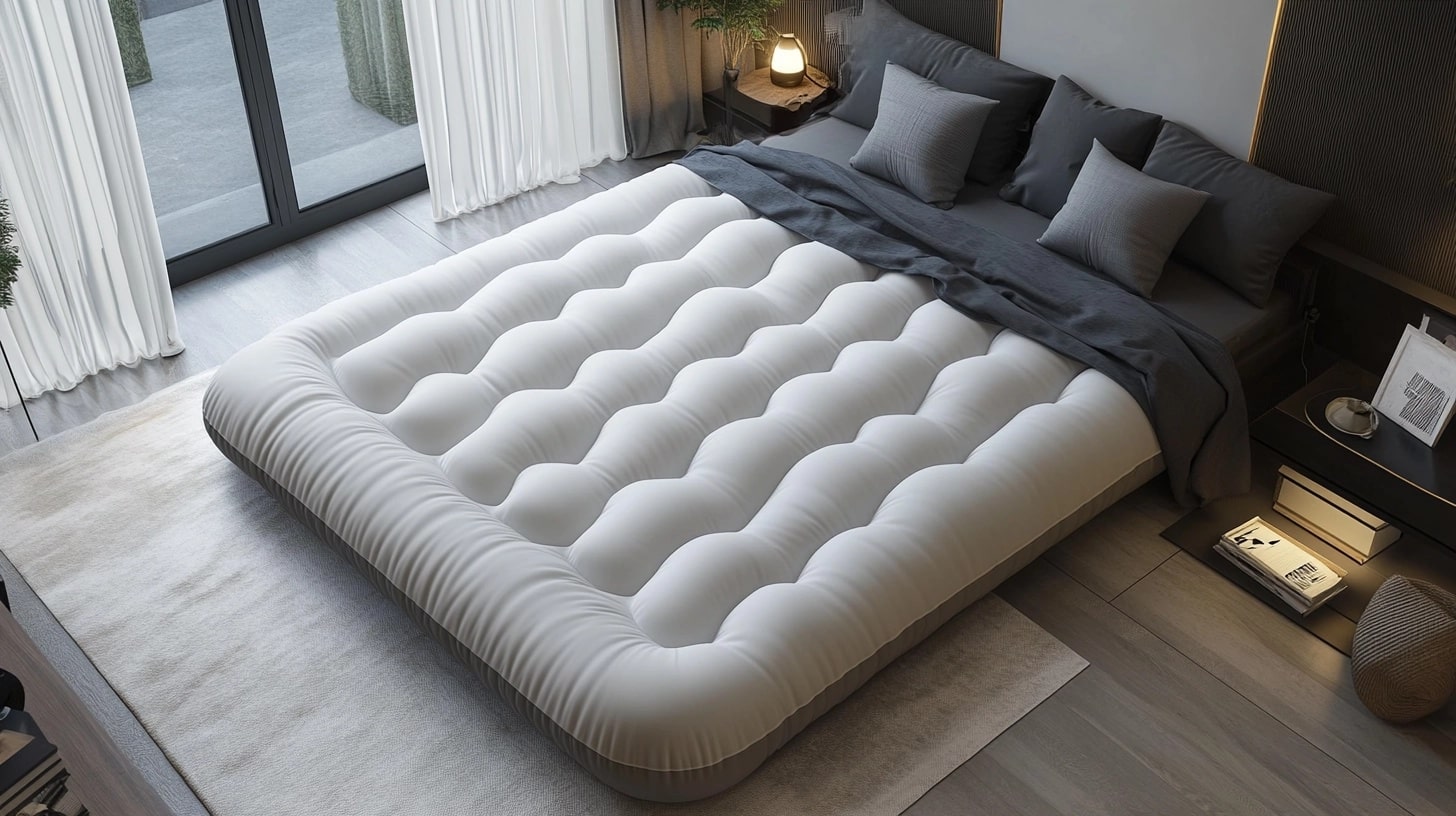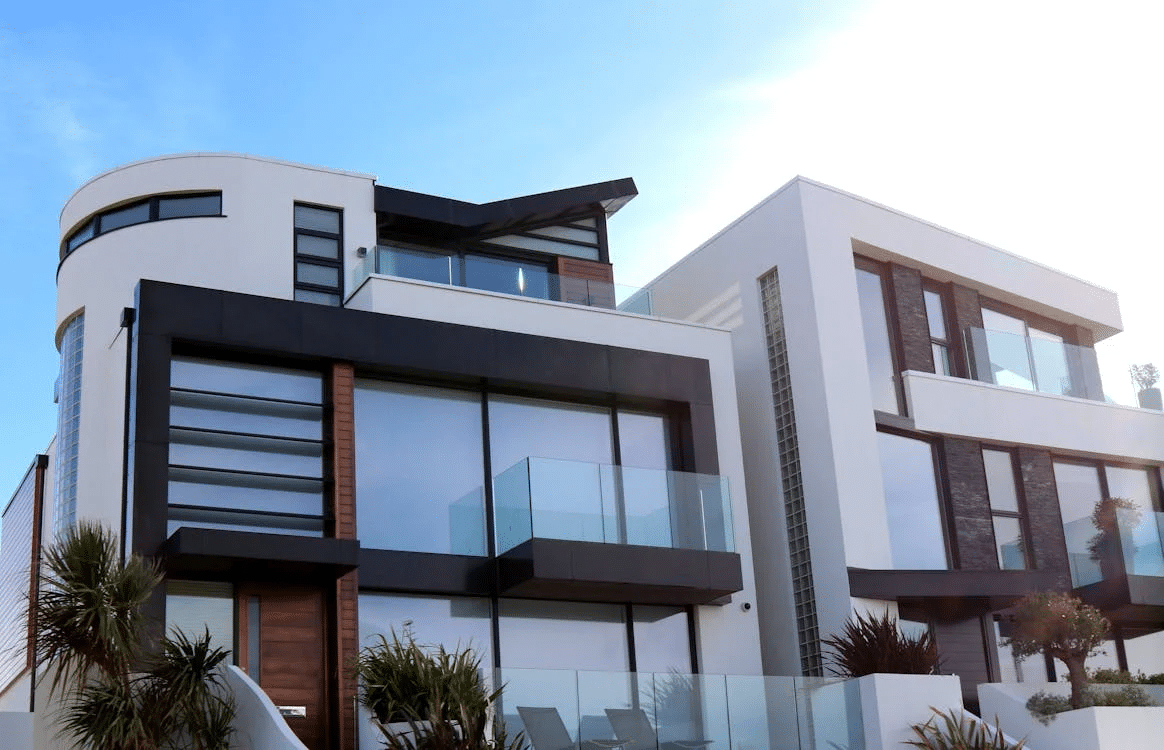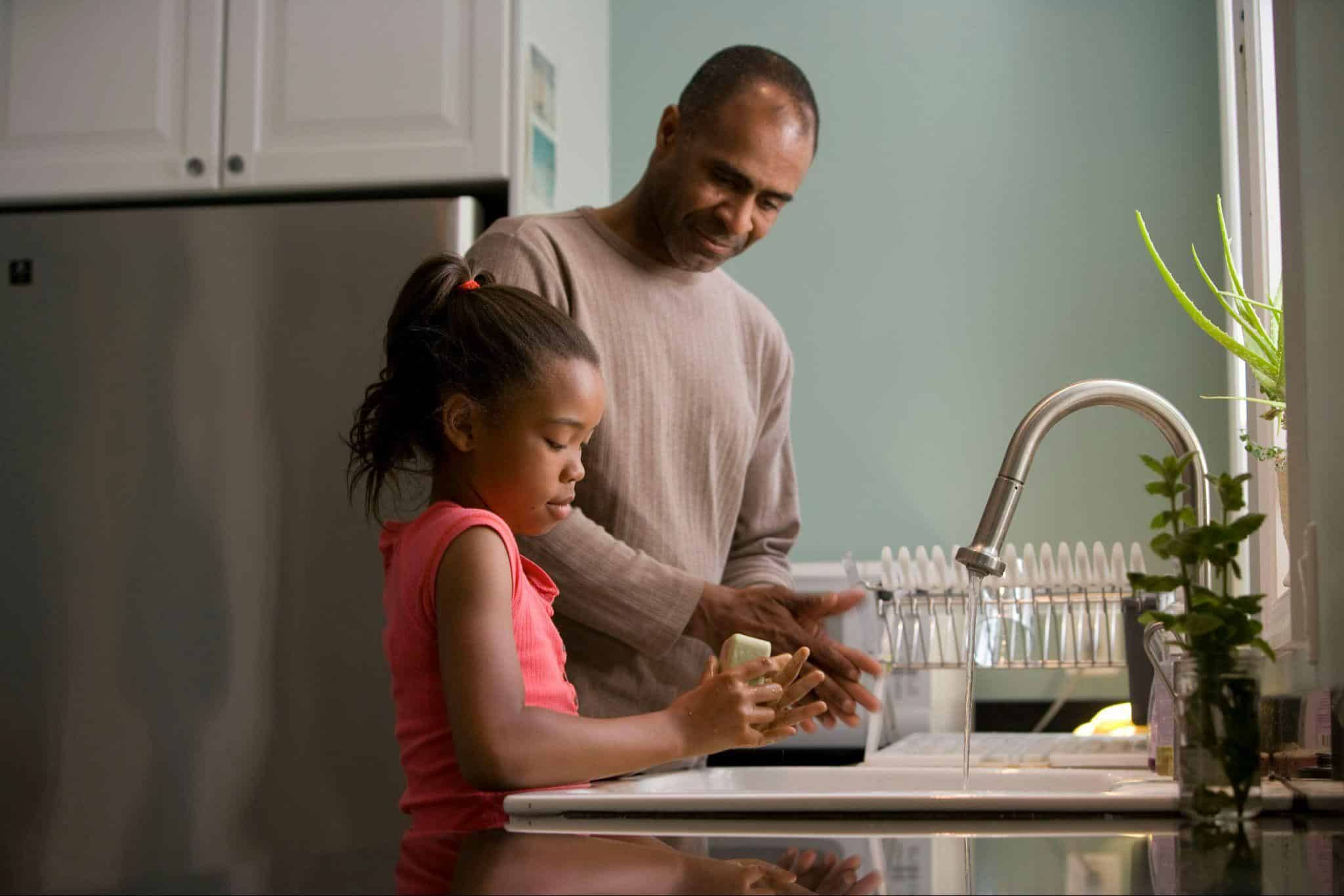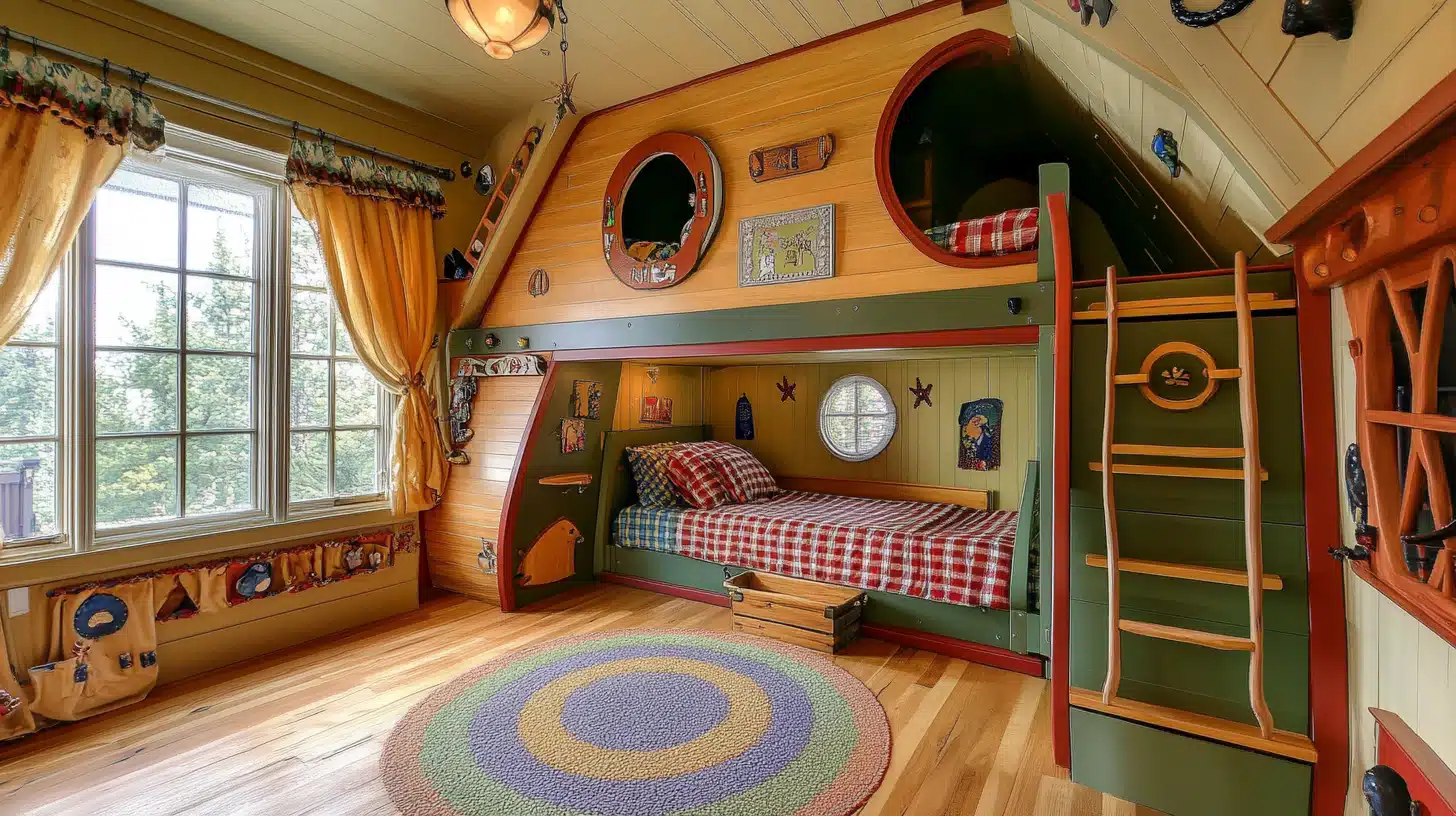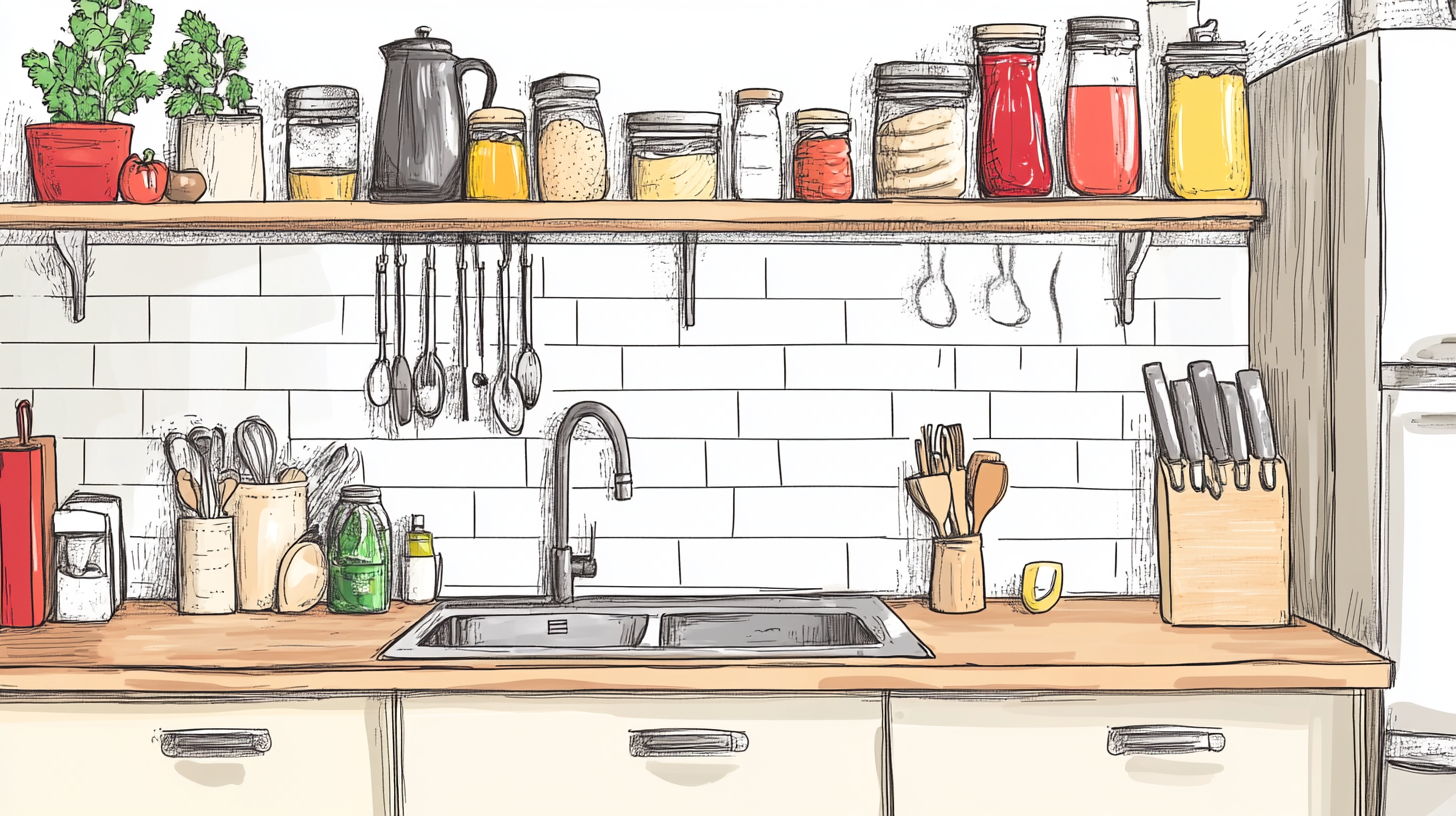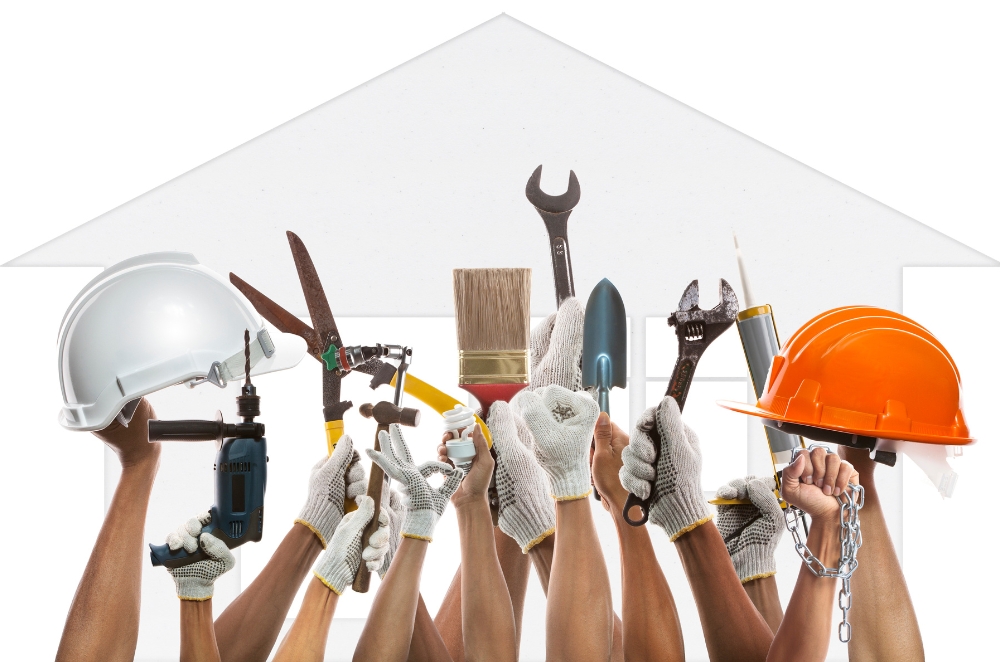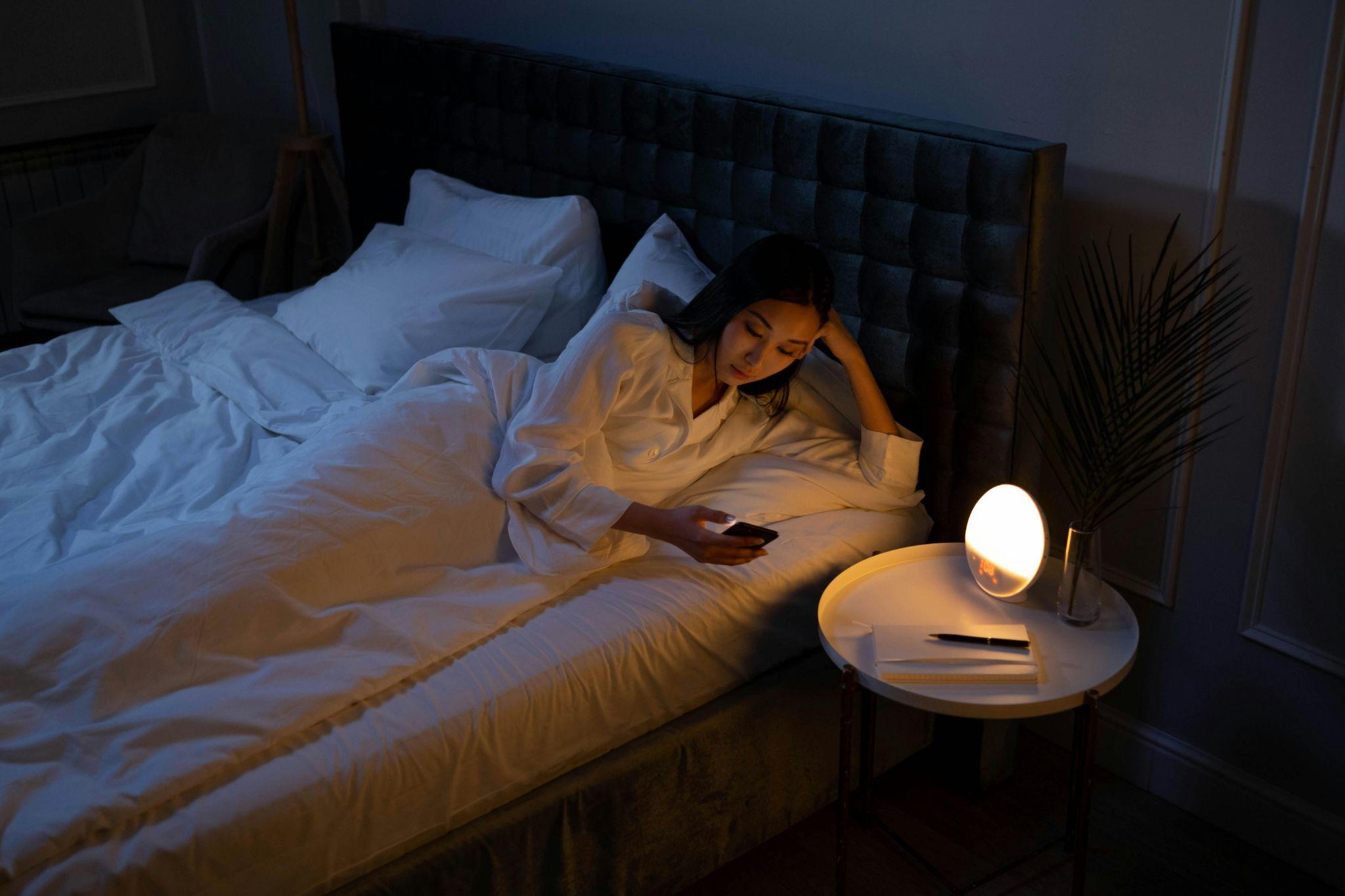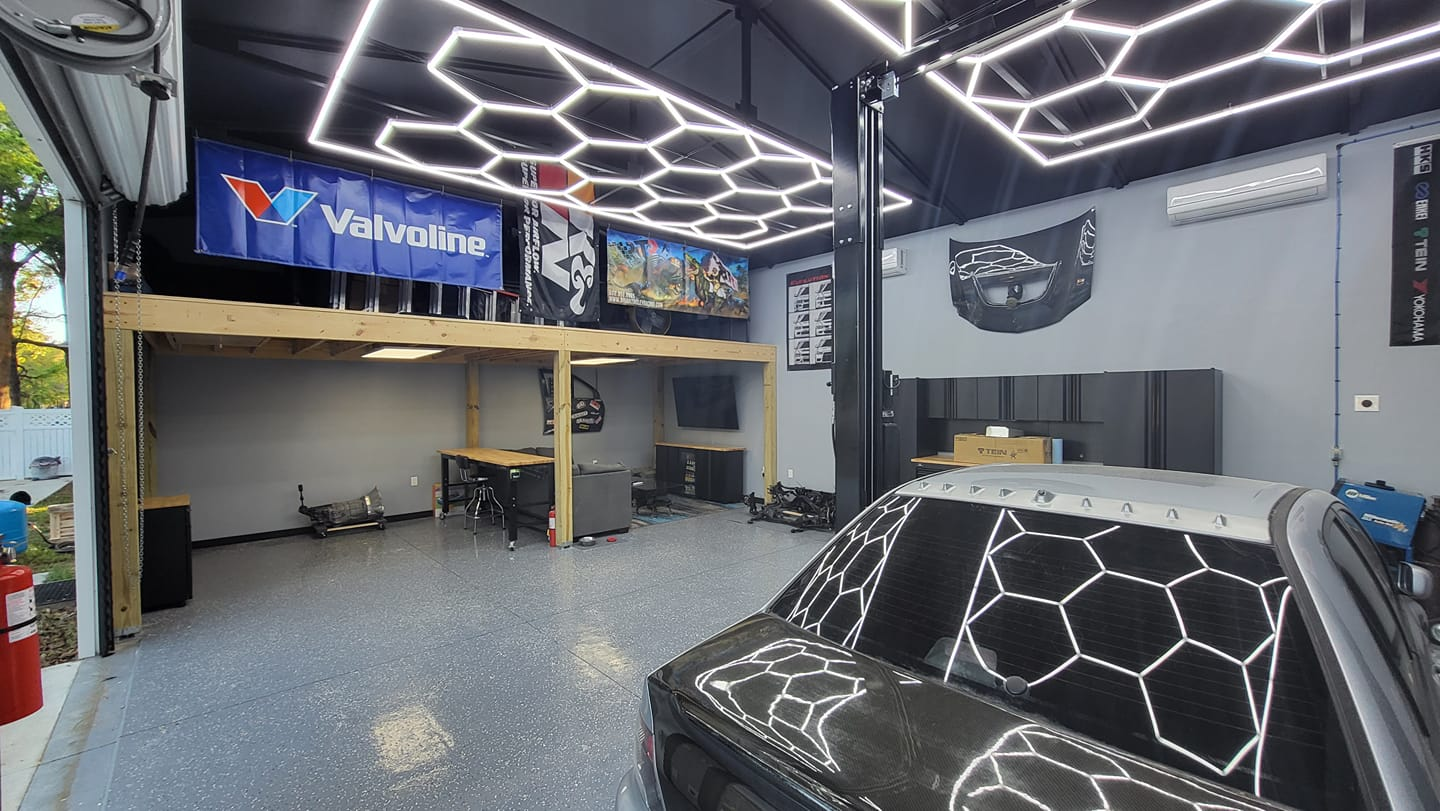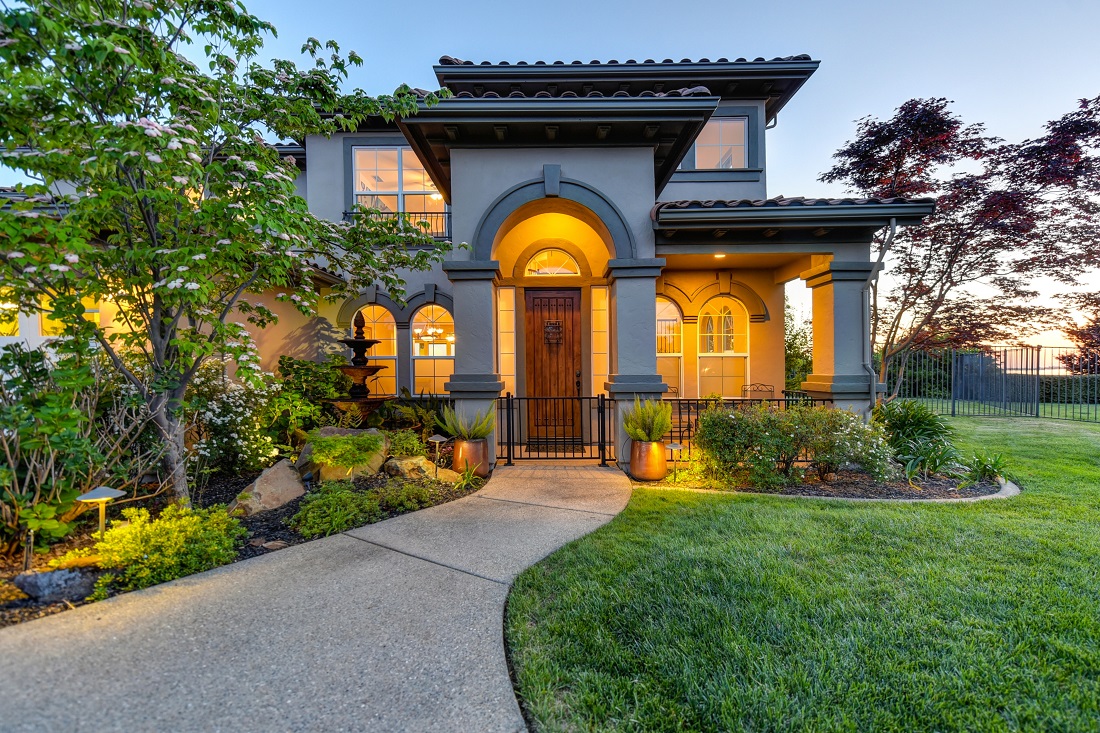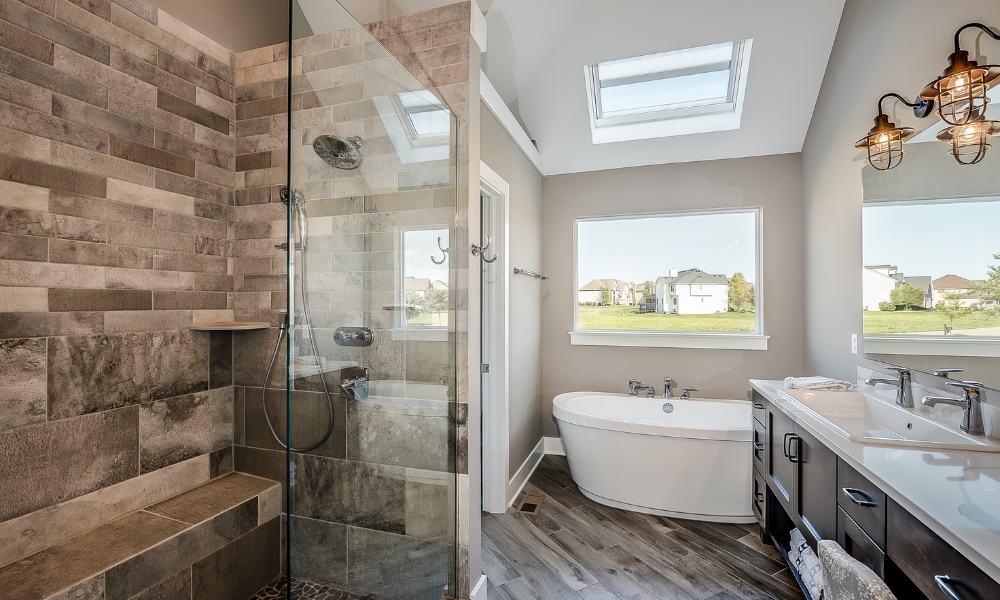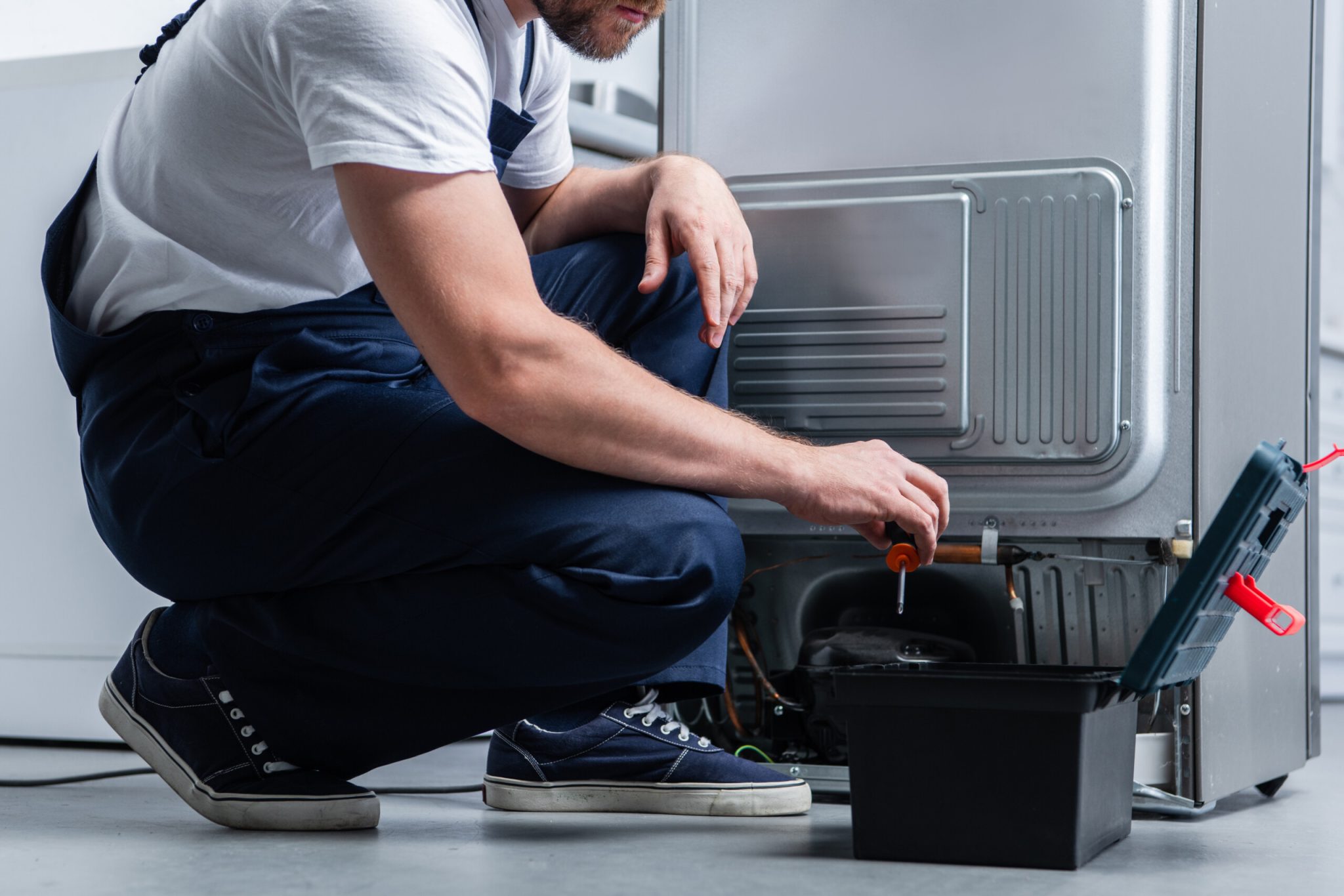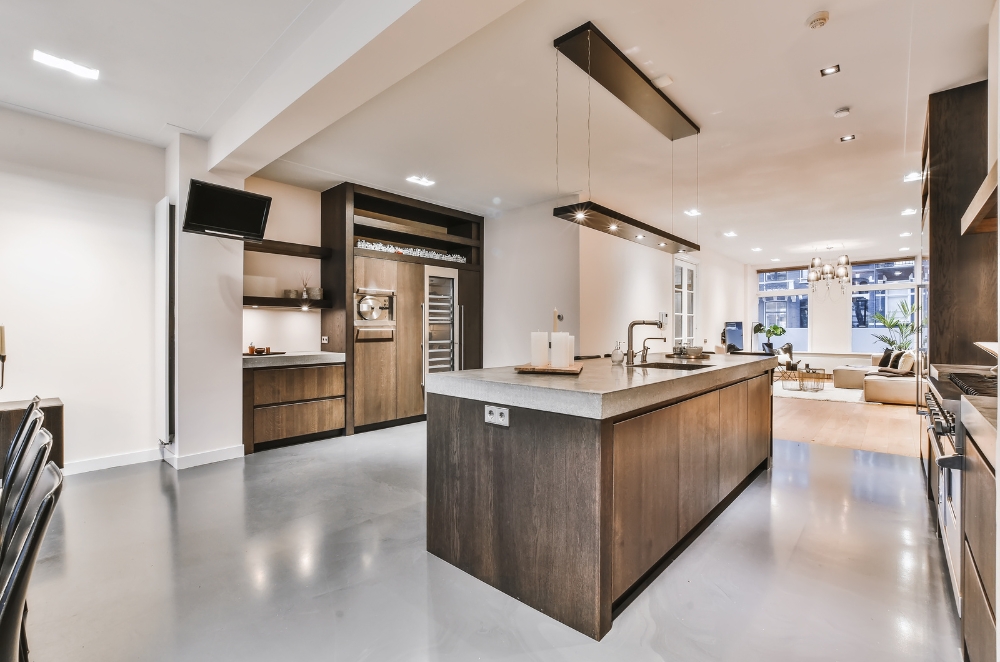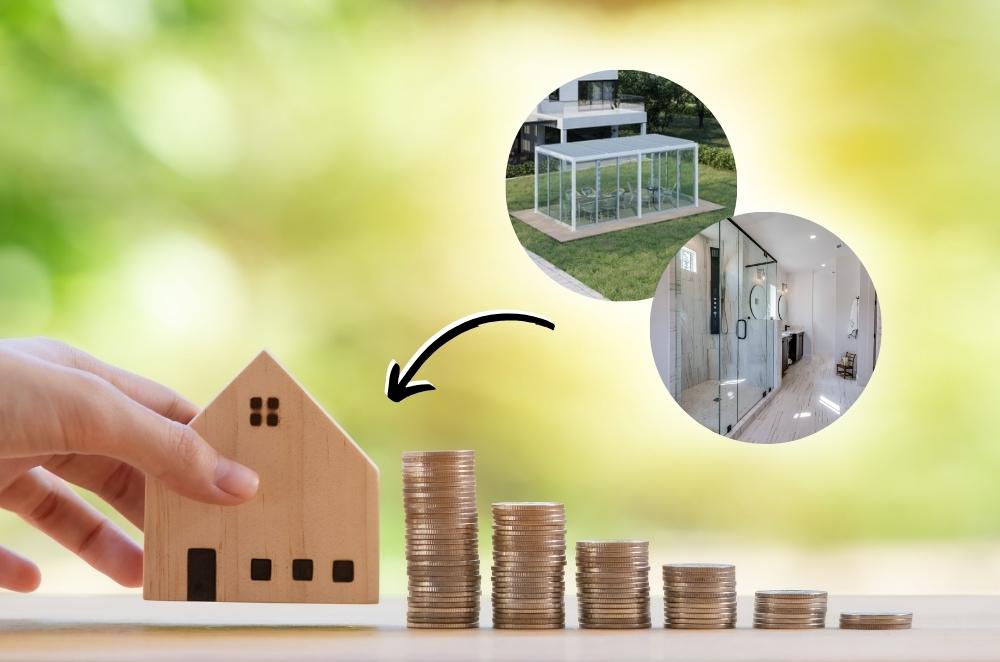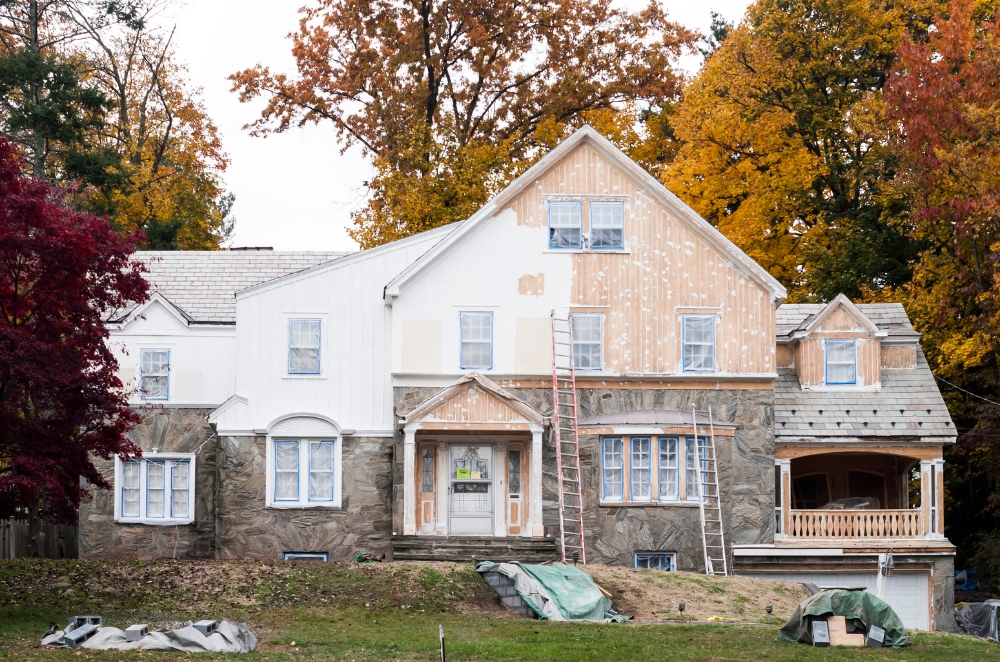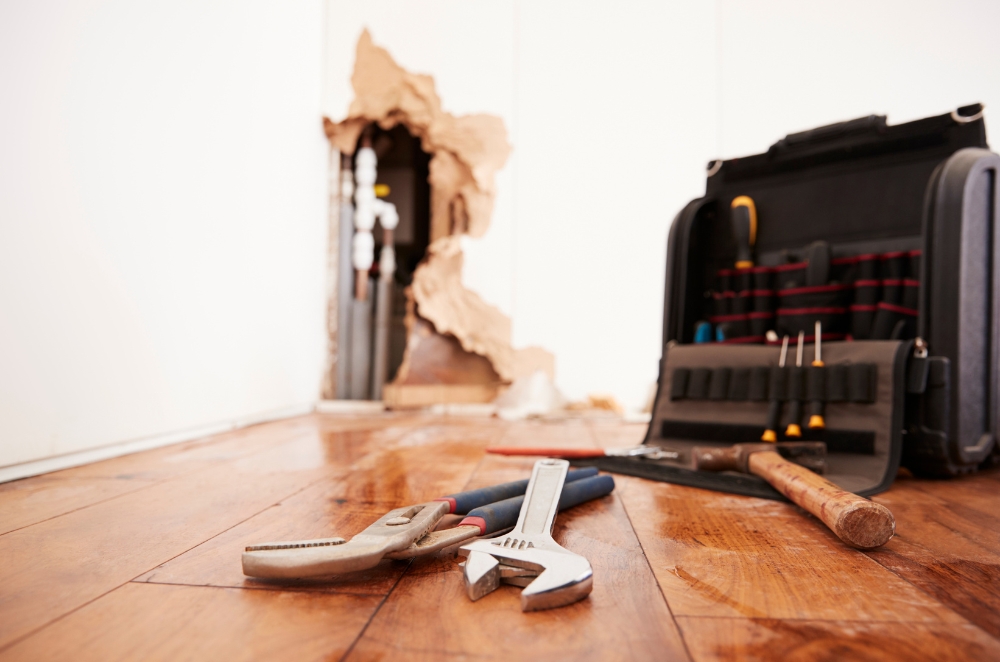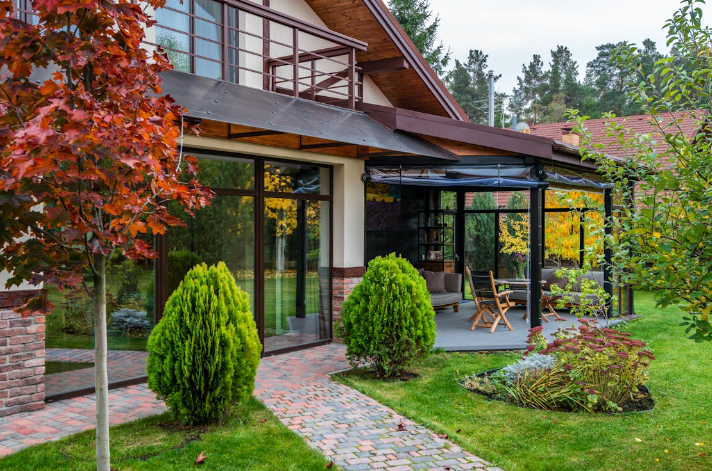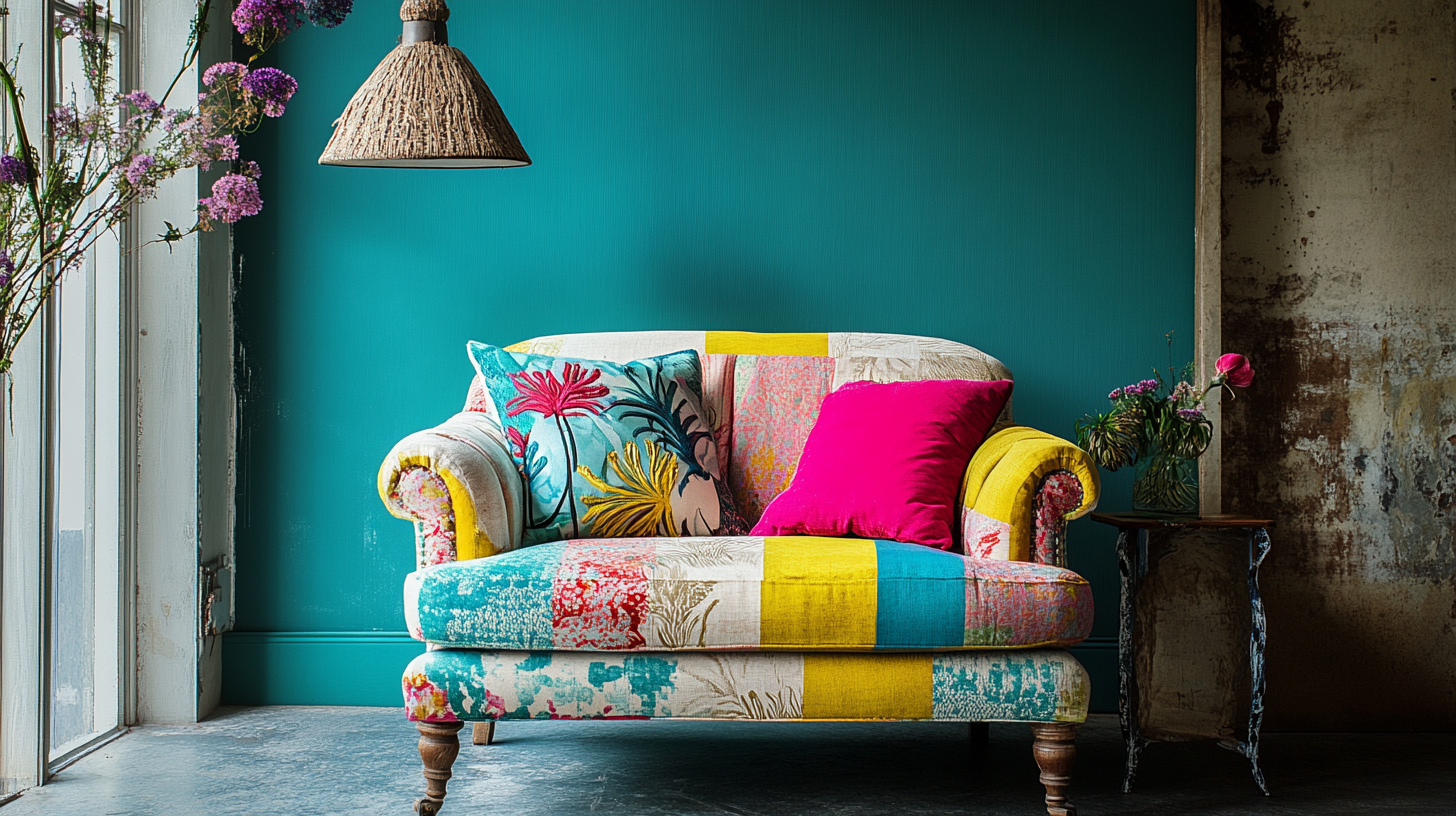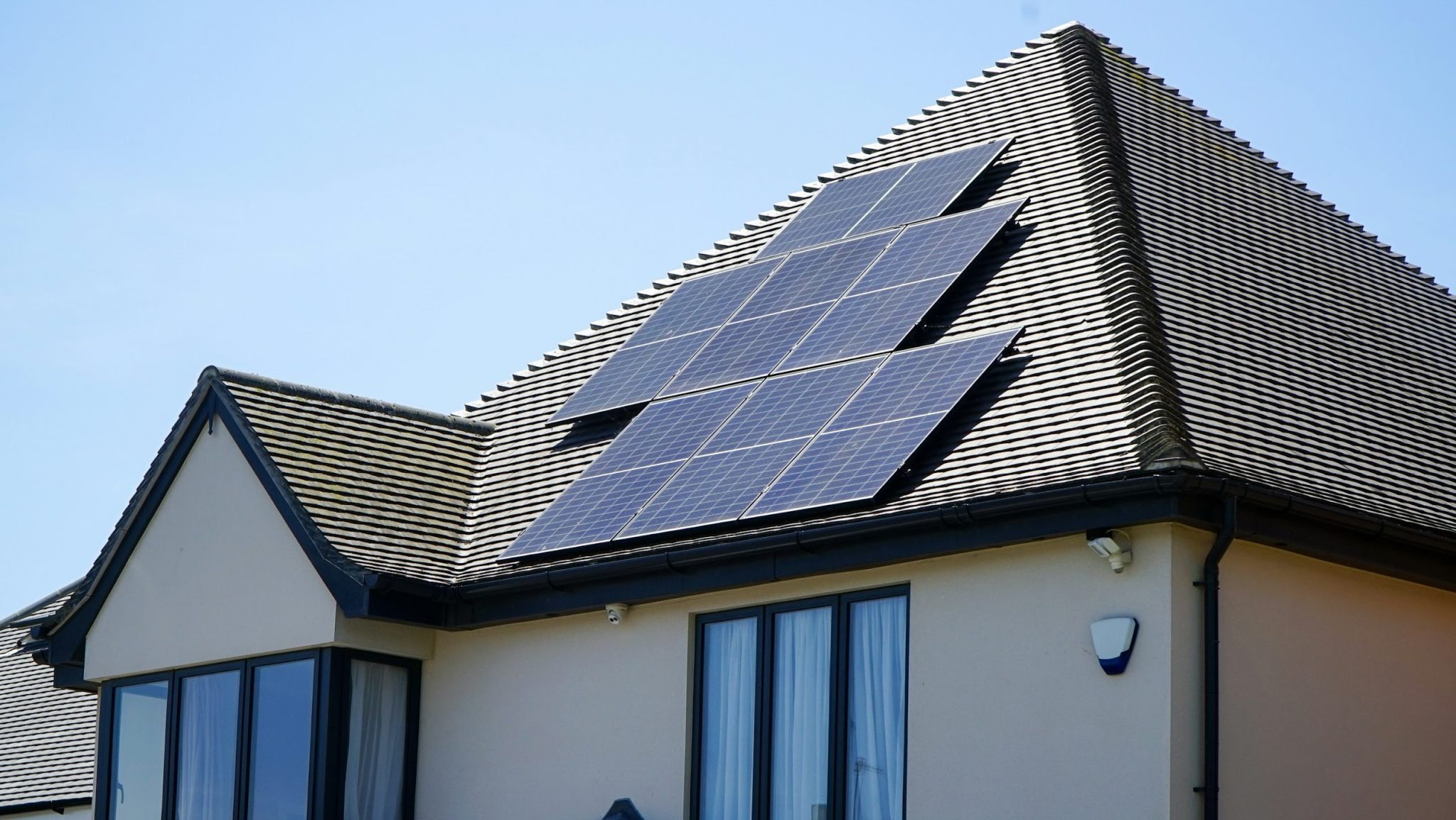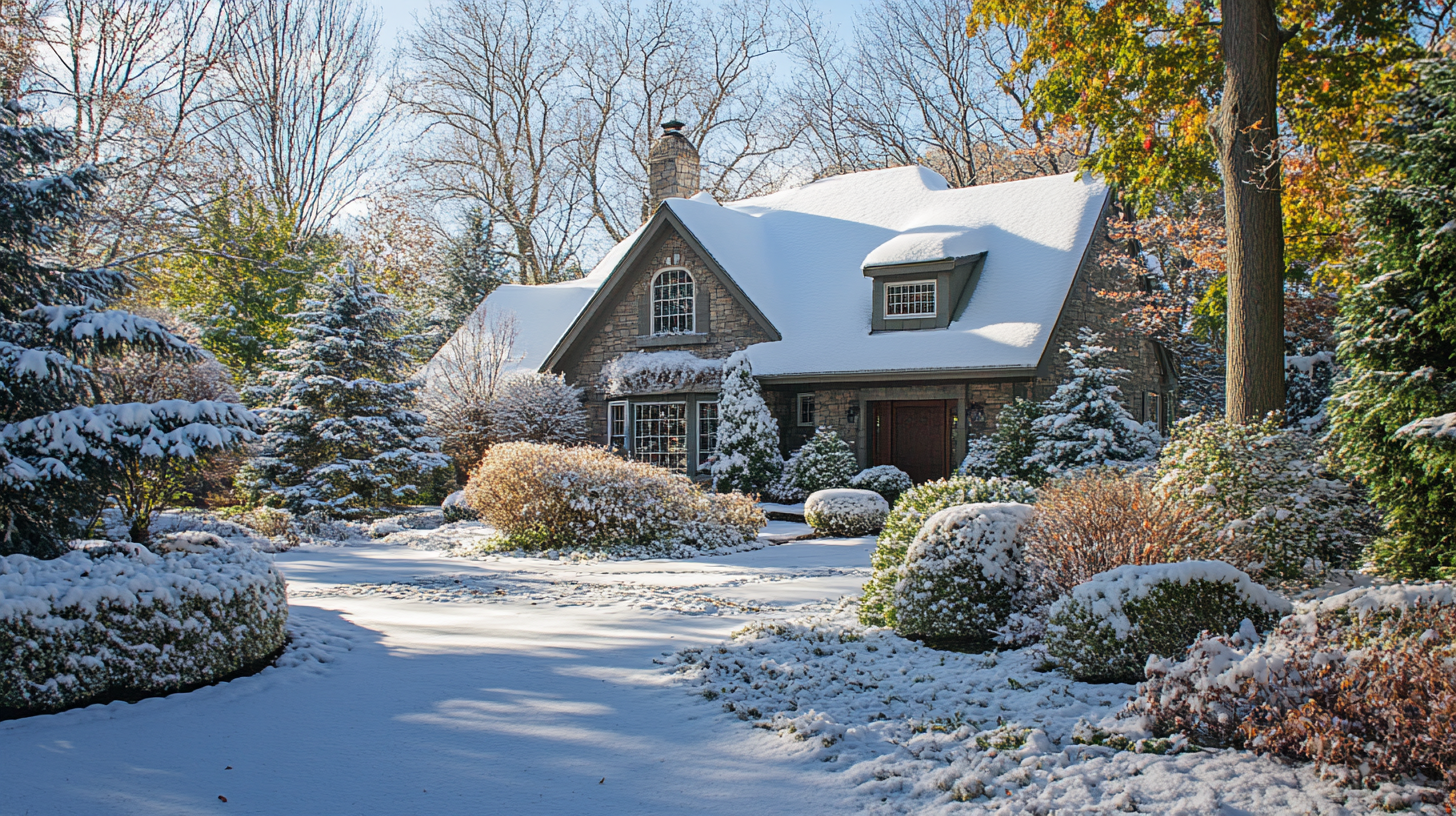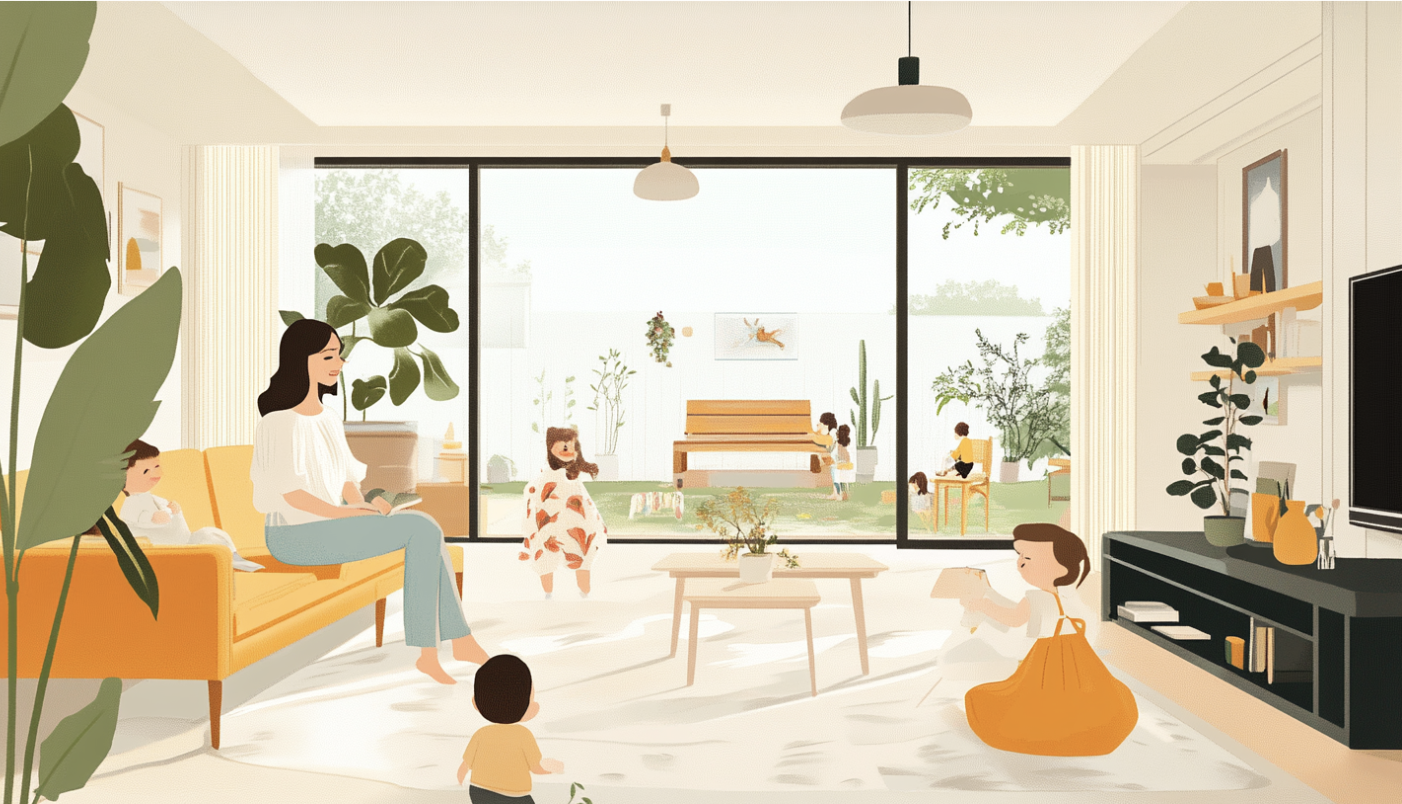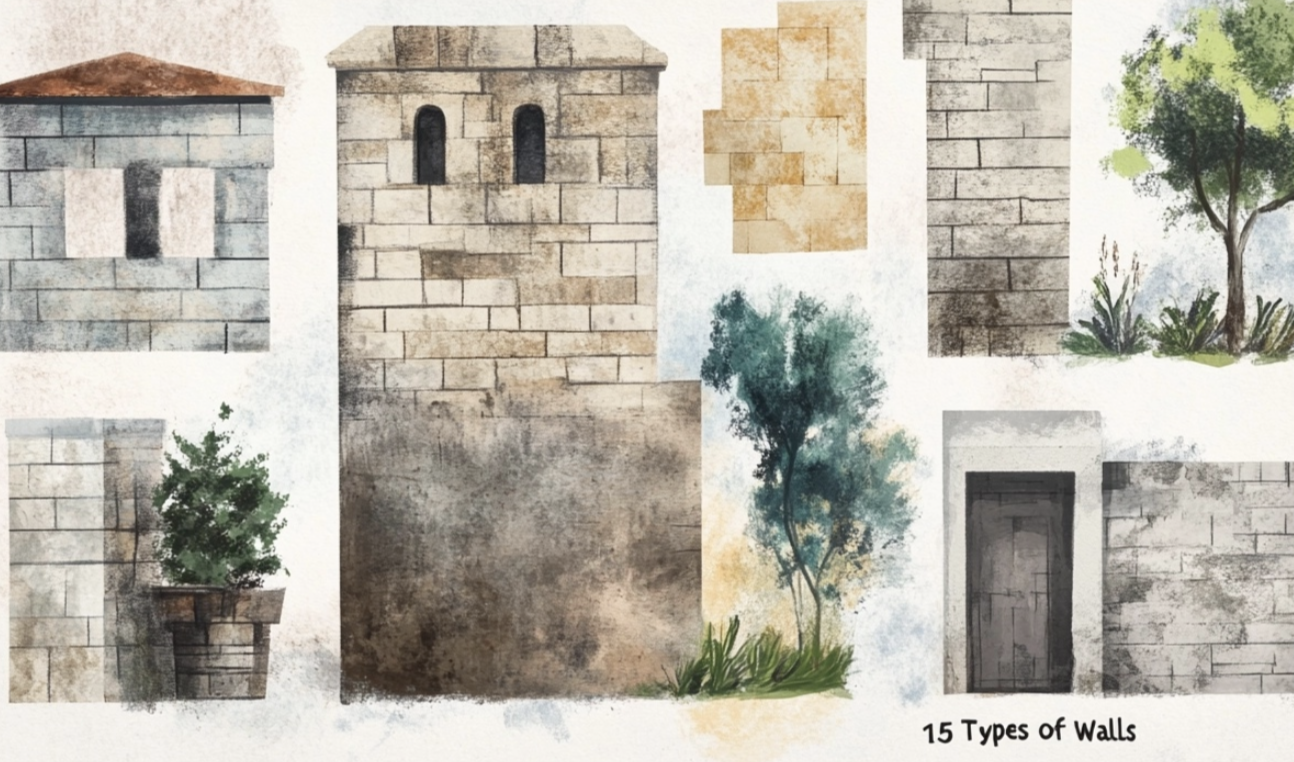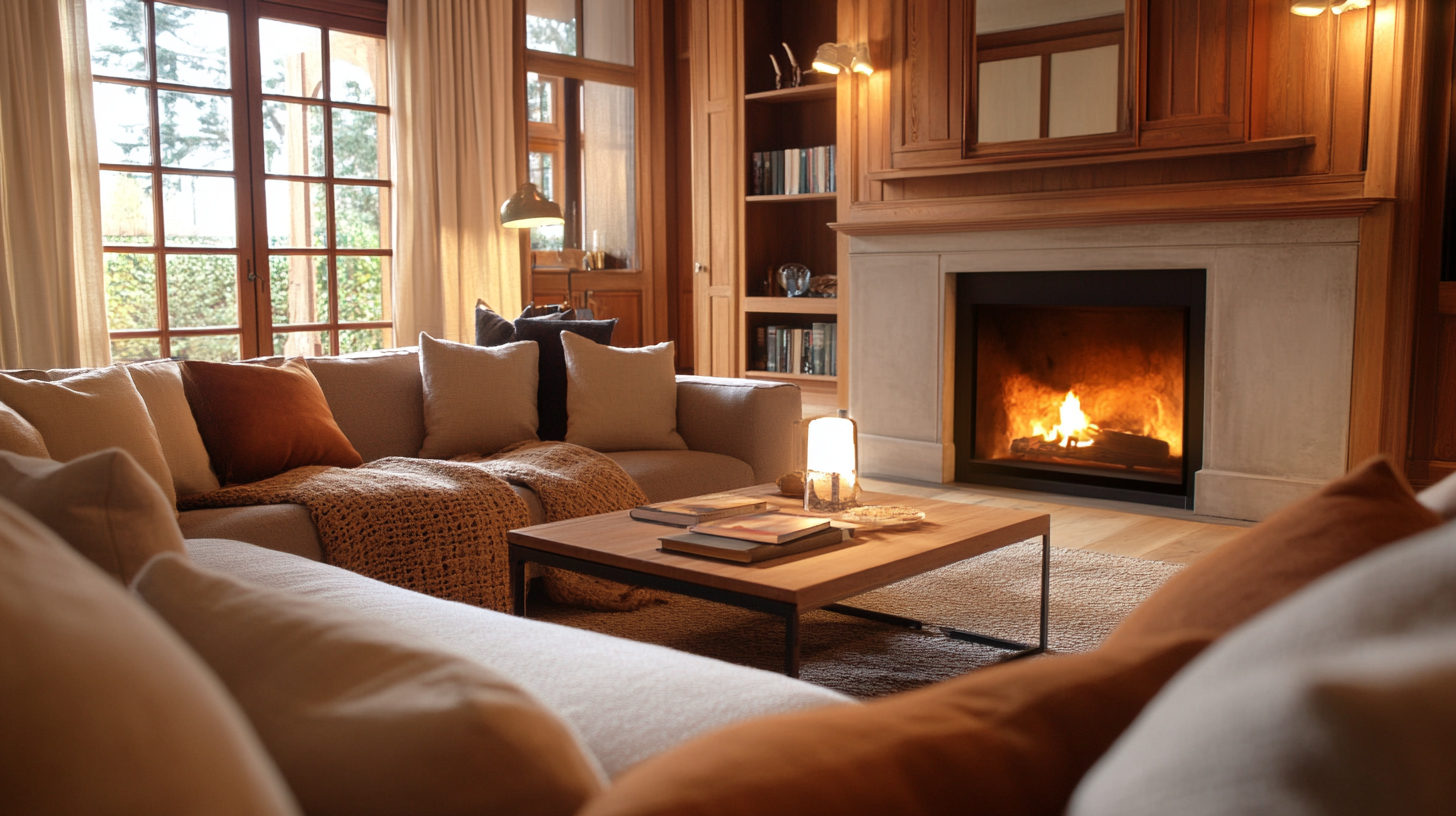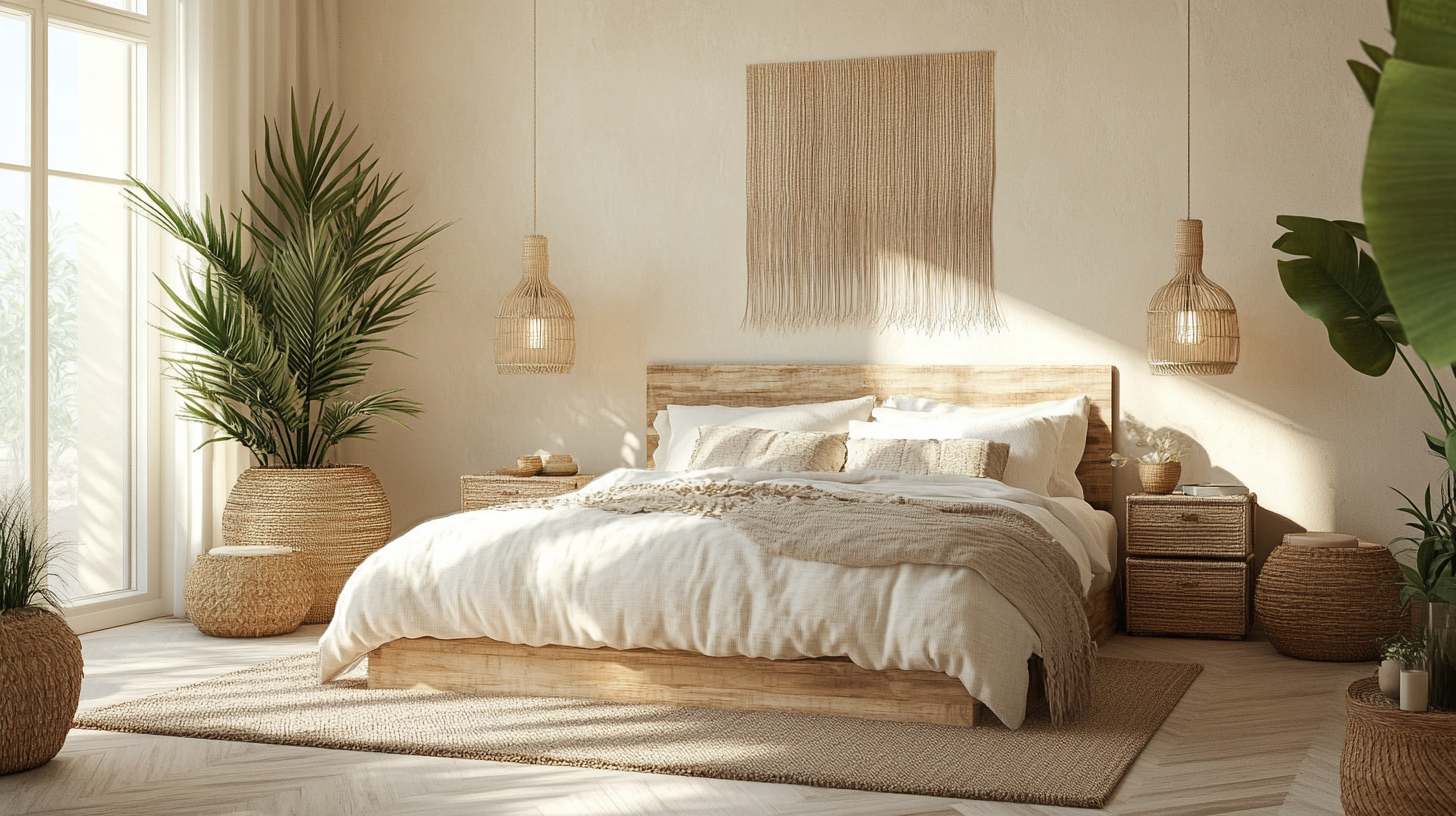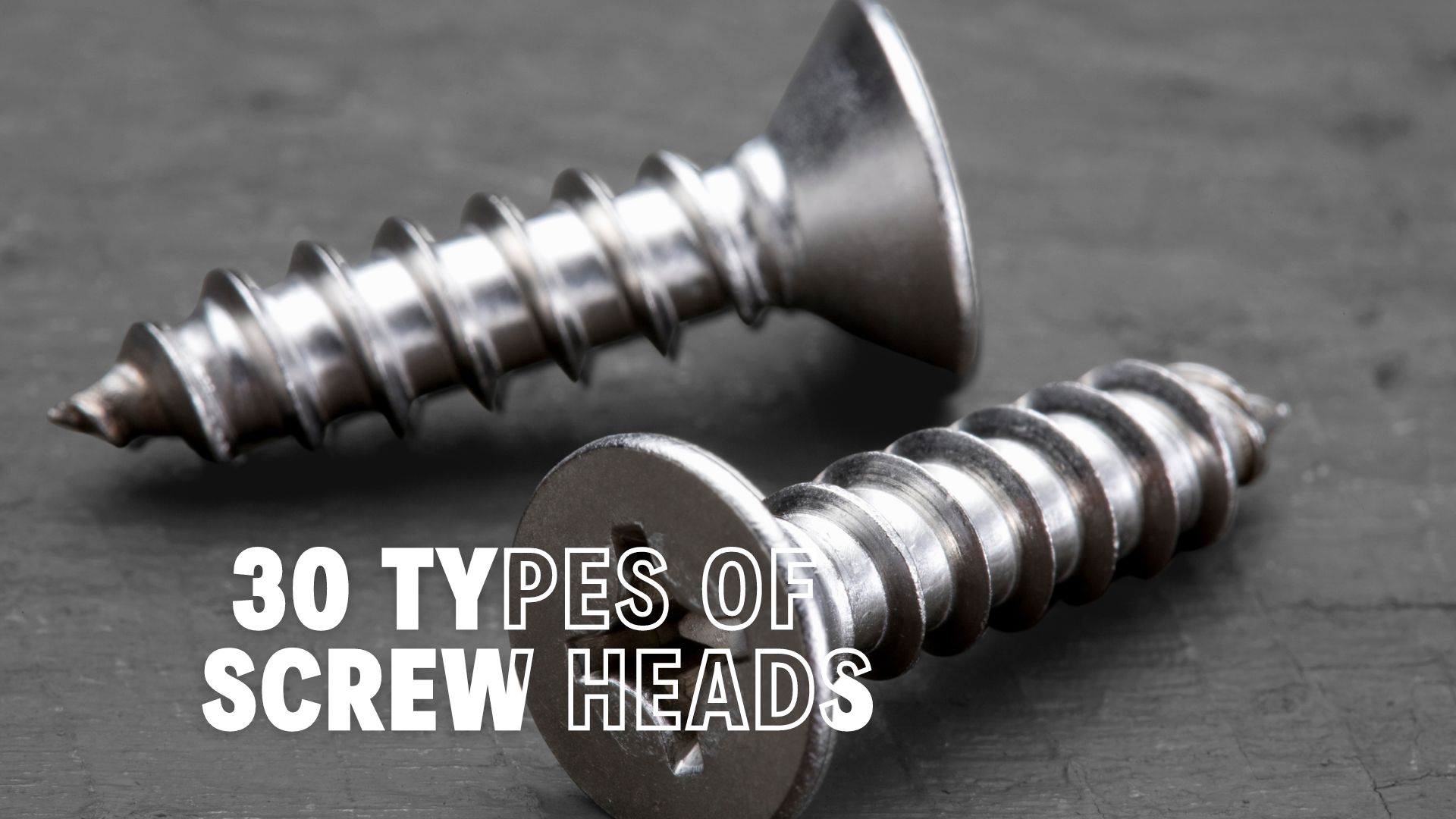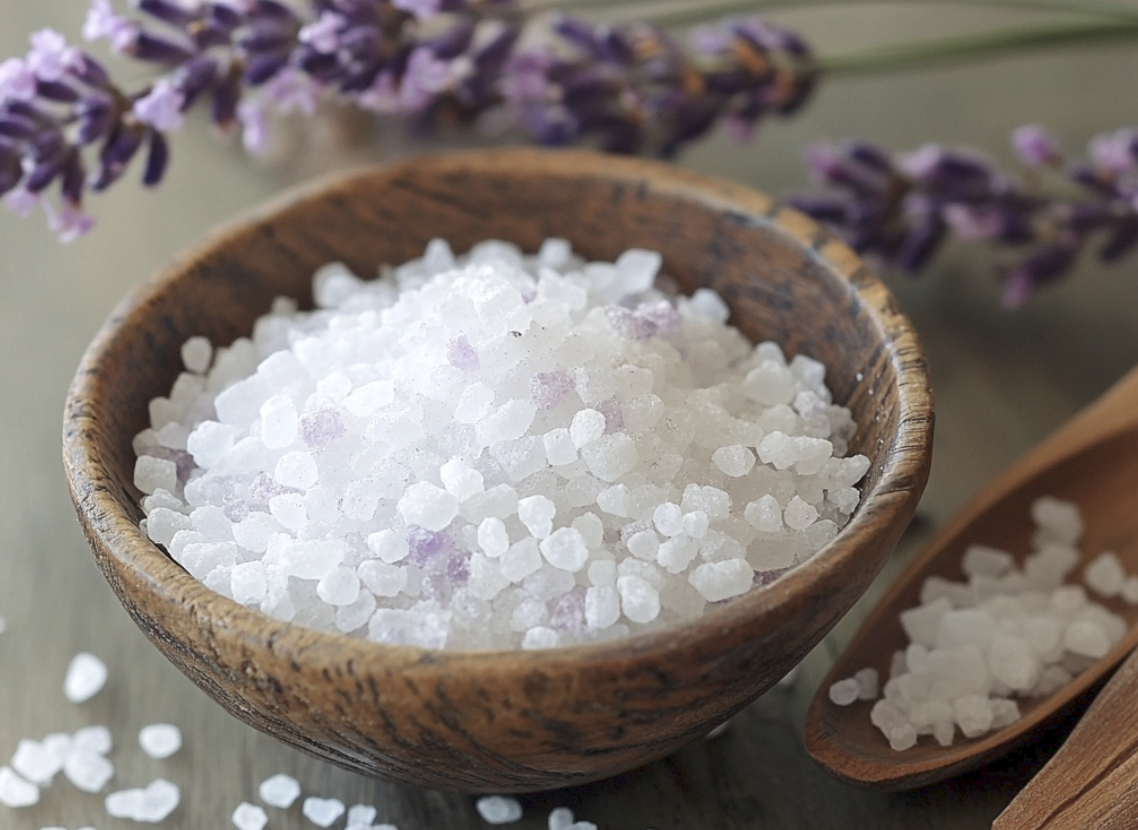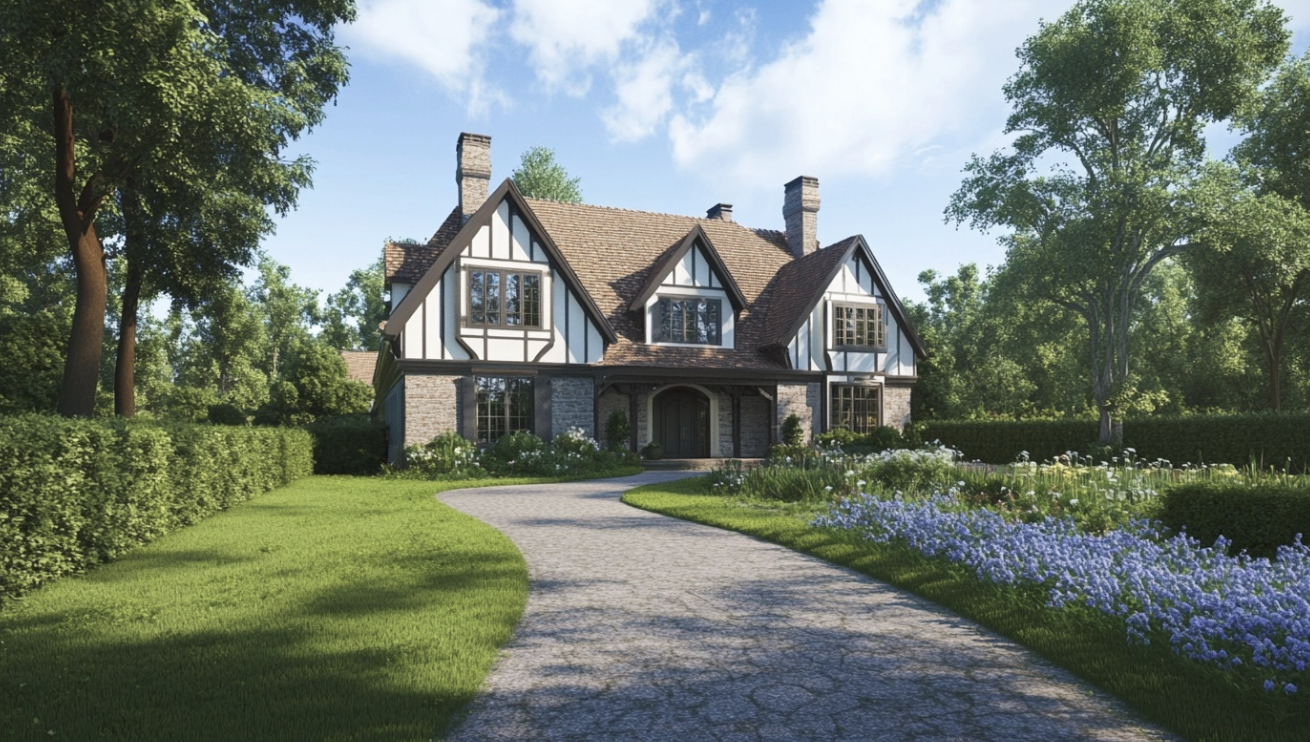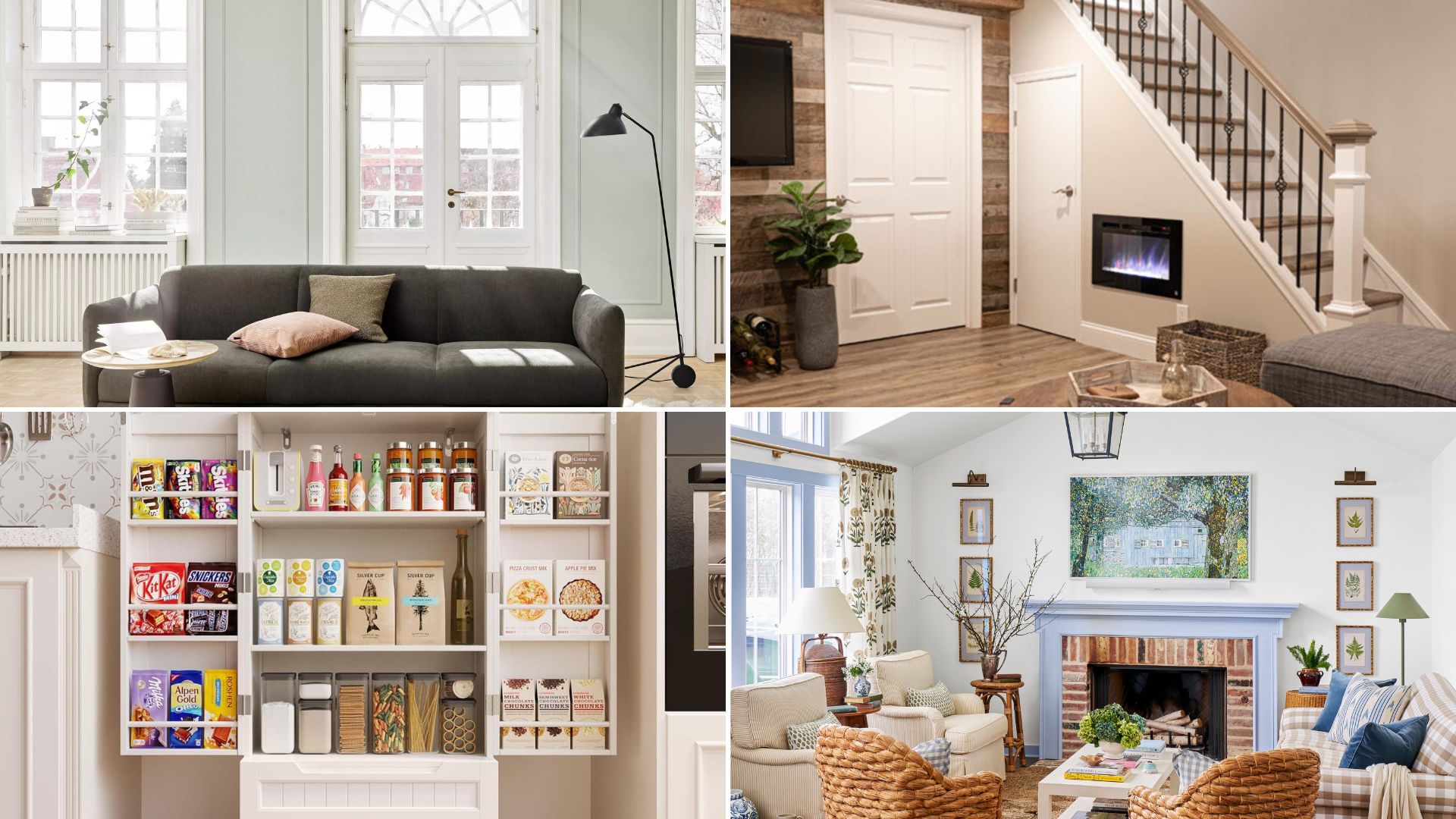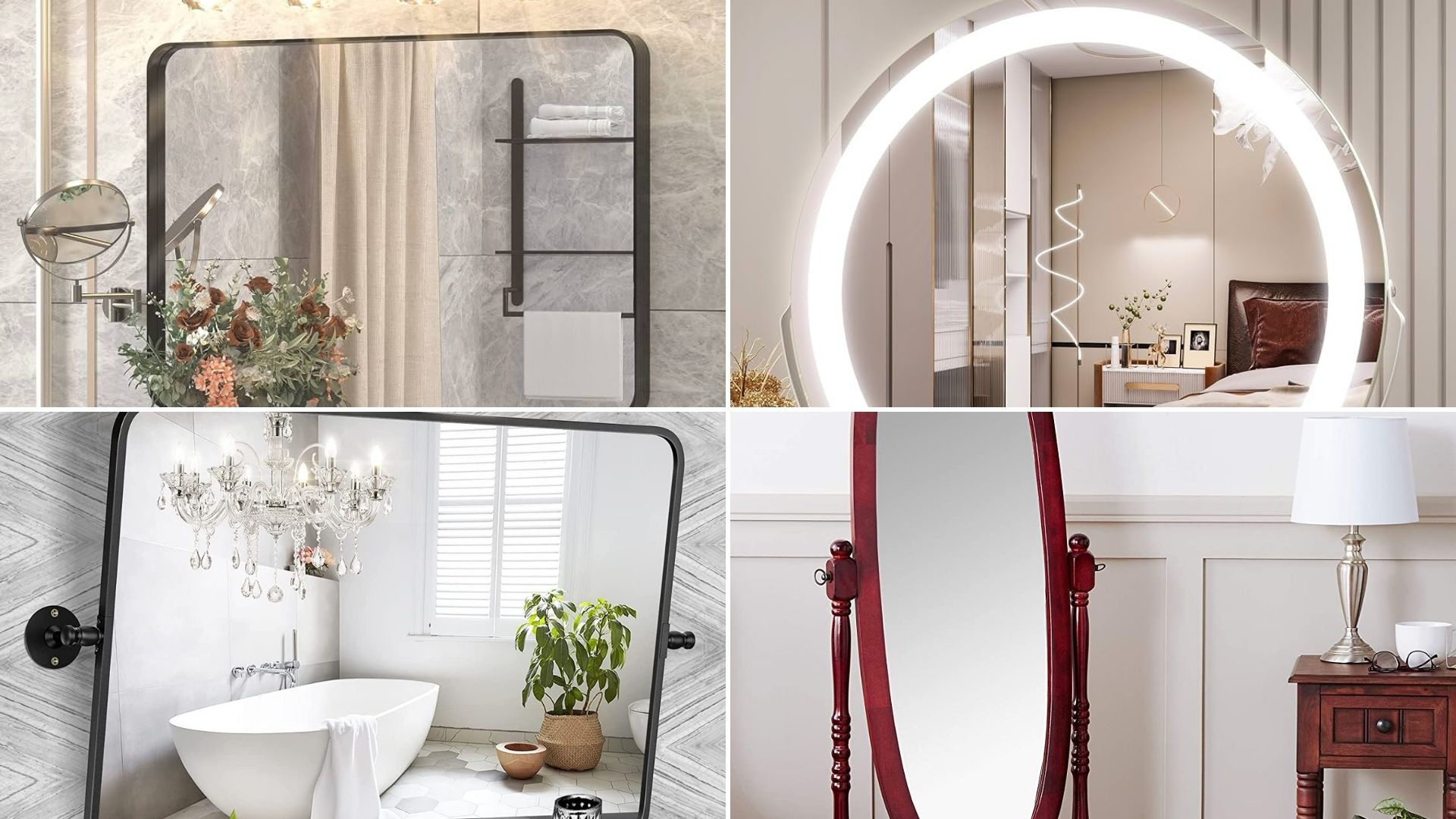
In today’s home improvement landscape, homeowners are constantly faced with decisions about which upgrades will offer the best return on investment (ROI). Among these, window replacement is often touted for its dual benefits of enhancing a home’s aesthetic and improving energy efficiency. But the question remains: Is replacing your windows really worth the investment?
In this blog post, we’ll dive deep into the costs, benefits, and potential ROI of window replacement to help you make an informed decision.
Understanding the Costs of Window Replacement
The initial cost of window replacement, especially for energy-efficient new windows, can vary significantly depending on several factors, including the quality of the materials, the type of windows, the brand, and the complexity of the installation process. On average, homeowners can expect to pay anywhere from $300 to $1,000 per window, with high-end projects potentially exceeding this range. Consider getting a home improvement loan to help cover the costs.
For a typical home with 10 to 15 windows, the total cost can therefore range from $3,000 to $15,000 or more. This investment is not insignificant, and it’s important to consider the quality of the windows. Higher-quality windows that offer better energy efficiency might be more expensive upfront but can provide greater savings in the long run.
The Benefits of Replacing Windows
Improved Energy Efficiency
One of the most compelling reasons to replace old windows is to improve your home’s energy efficiency. Old, drafty windows can lead to significant heat loss during the winter and make it harder to keep your home cool in the summer, leading to higher utility bills. Modern windows are designed with better insulation properties and can significantly reduce heating and cooling costs. According to the U.S. Department of Energy, replacing single-pane windows with ENERGY STAR-rated double-pane ones can save homeowners between $101 and $583 per year on energy bills.
Enhanced Comfort and Noise Reduction
New windows can dramatically improve the comfort of your home. They can eliminate drafts that cause chilly spots in rooms and help maintain a consistent temperature throughout the house. Additionally, modern windows often come with improved noise reduction technology, which can be a game-changer for homes in busy areas or near noisy environments.
Increased Home Value
Window replacement can also increase your home’s market value. New windows improve curb appeal—a crucial factor in real estate. Potential buyers often perceive new windows as a premium upgrade, meaning you can recoup a significant portion of your investment upon selling your home. According to the 2019 Remodeling Impact Report from the National Association of Realtors®, homeowners can expect to recover about 73% of the replacement cost in home value.
UV Protection
Modern windows can protect your home from ultraviolet (UV) rays. Many new windows include low-emissivity (low-E) glass coatings, which reduce UV penetration. This protection helps prevent the fading of your furniture, carpets, and curtains, thus preserving the interior of your home and potentially saving money on replacements.
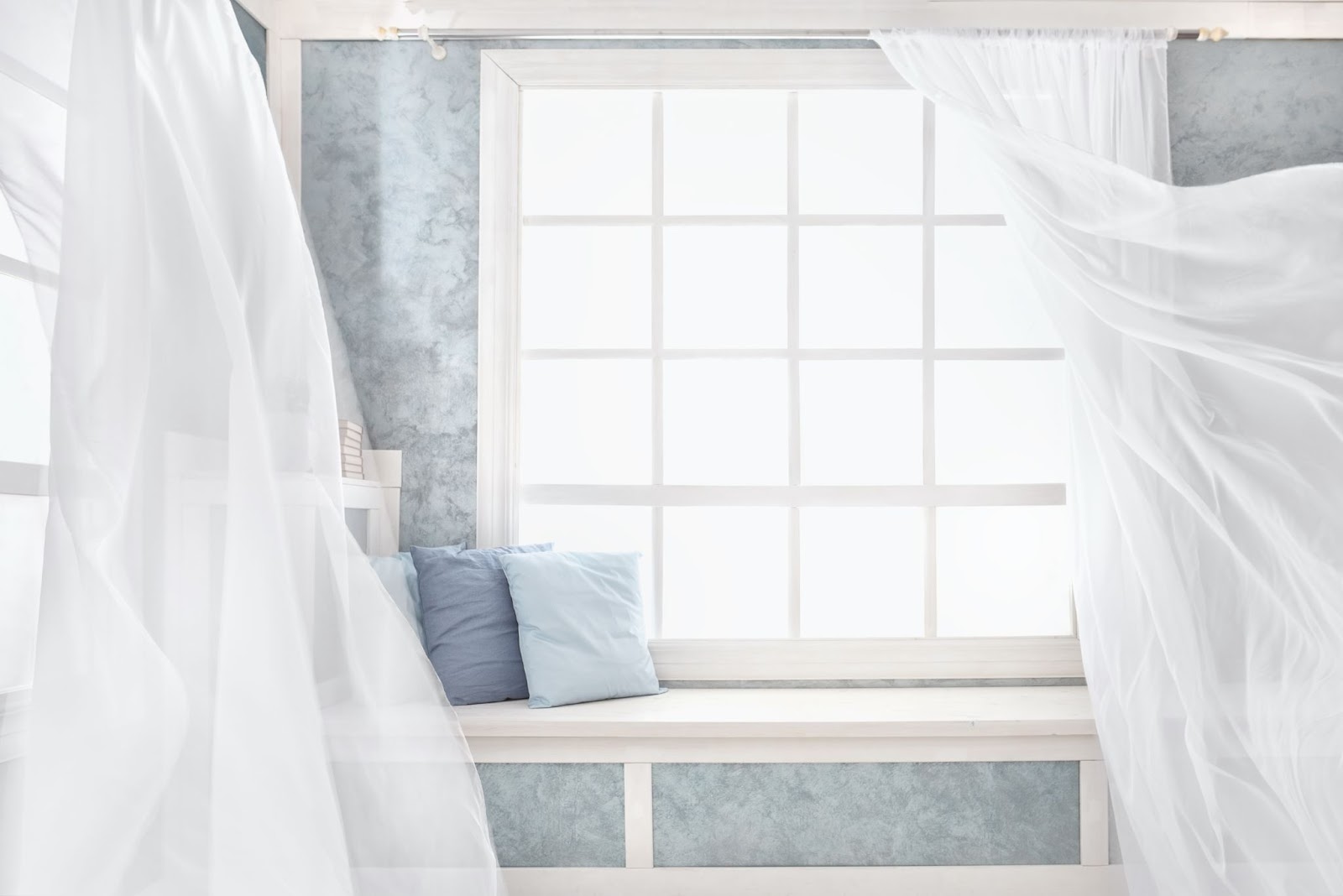
Assessing the ROI of Window Replacement
To truly understand the ROI of replacing windows, one must consider both tangible and intangible benefits. Tangibly, the energy savings and potential increase in home value are the most direct contributions to ROI. Intangibly, improved comfort, aesthetic appeal, and reduced noise contribute to a better living environment, which, while harder to quantify, is incredibly valuable to many homeowners.
Case Studies and Examples
Several case studies highlight the benefits of window replacement. For instance, a study in a cold climate area showed that replacing all single-pane windows with double-pane windows resulted in a 15% savings on heating bills annually. Similarly, a homeowner in a busy urban area reported a significant reduction in noise pollution after installing triple-pane windows, leading to a more peaceful home environment.
Longevity and Maintenance
Another factor to consider is the longevity and maintenance of new windows. Modern windows are built to last and require less maintenance than older ones, which often involve frequent repairs and painting. This reduces long-term maintenance costs, further contributing to the ROI.
Conclusion
Deciding whether window replacement is worth the investment depends largely on your specific circumstances, including the age and condition of your current windows, your home’s energy performance, and your local climate. However, for many homeowners, the benefits of improved energy efficiency, comfort, and aesthetics, along with the potential for increased home value, make window replacement a worthwhile investment.
Before making a decision, it’s advisable to consult with a professional to understand the specific benefits in your situation and to get an accurate estimate of potential savings and cost recovery. With this information, you can make an informed decision that aligns with your home improvement goals and financial considerations.




